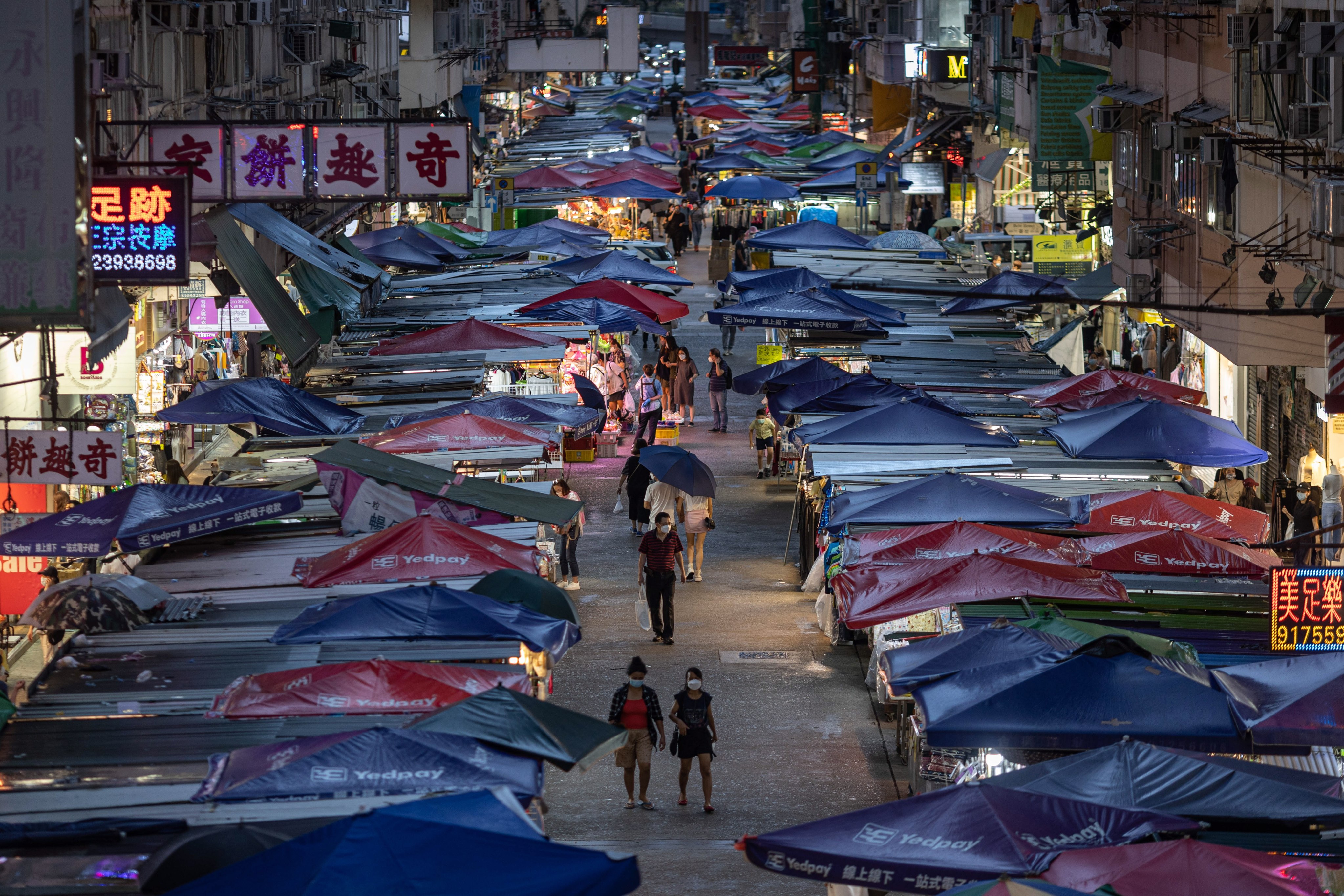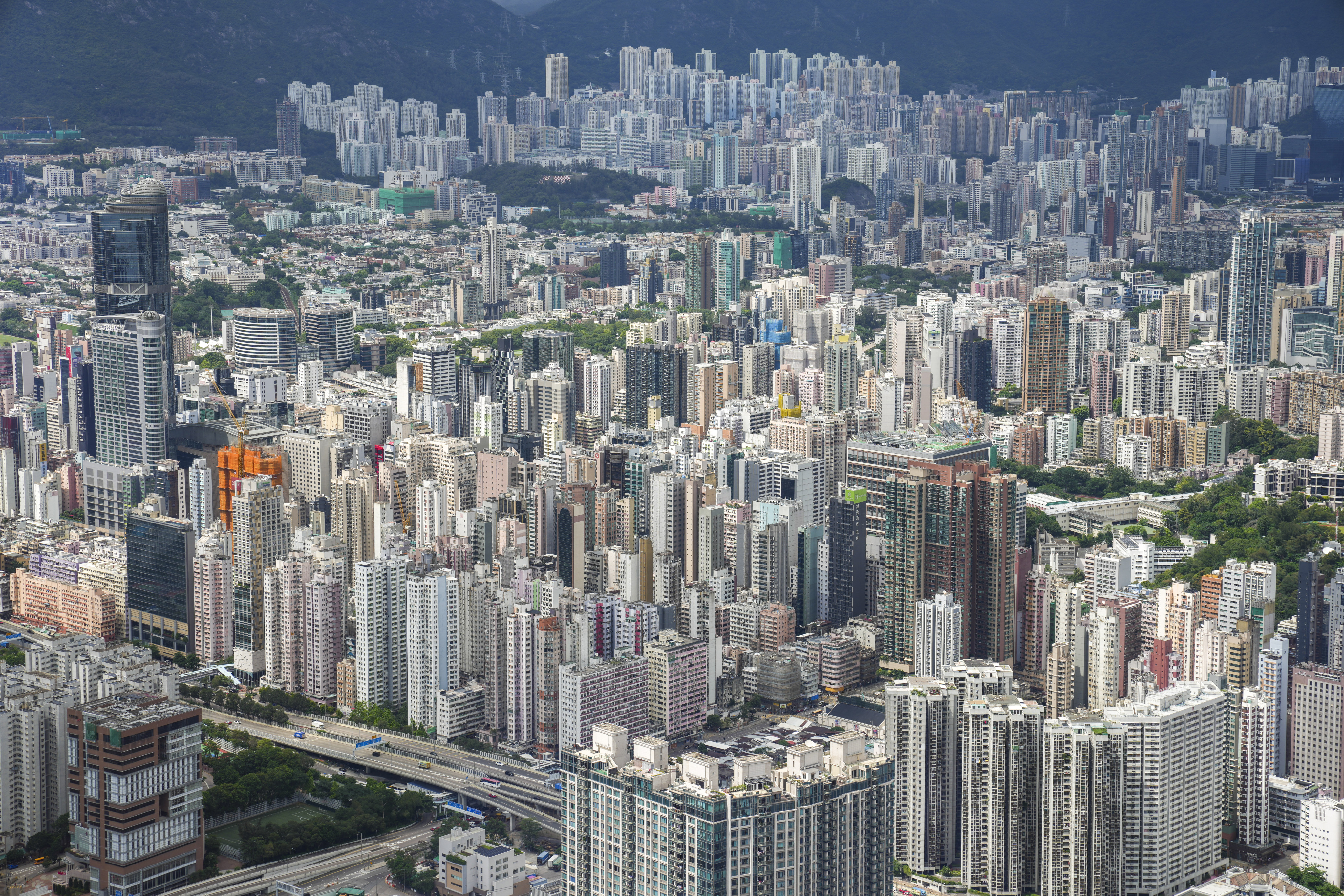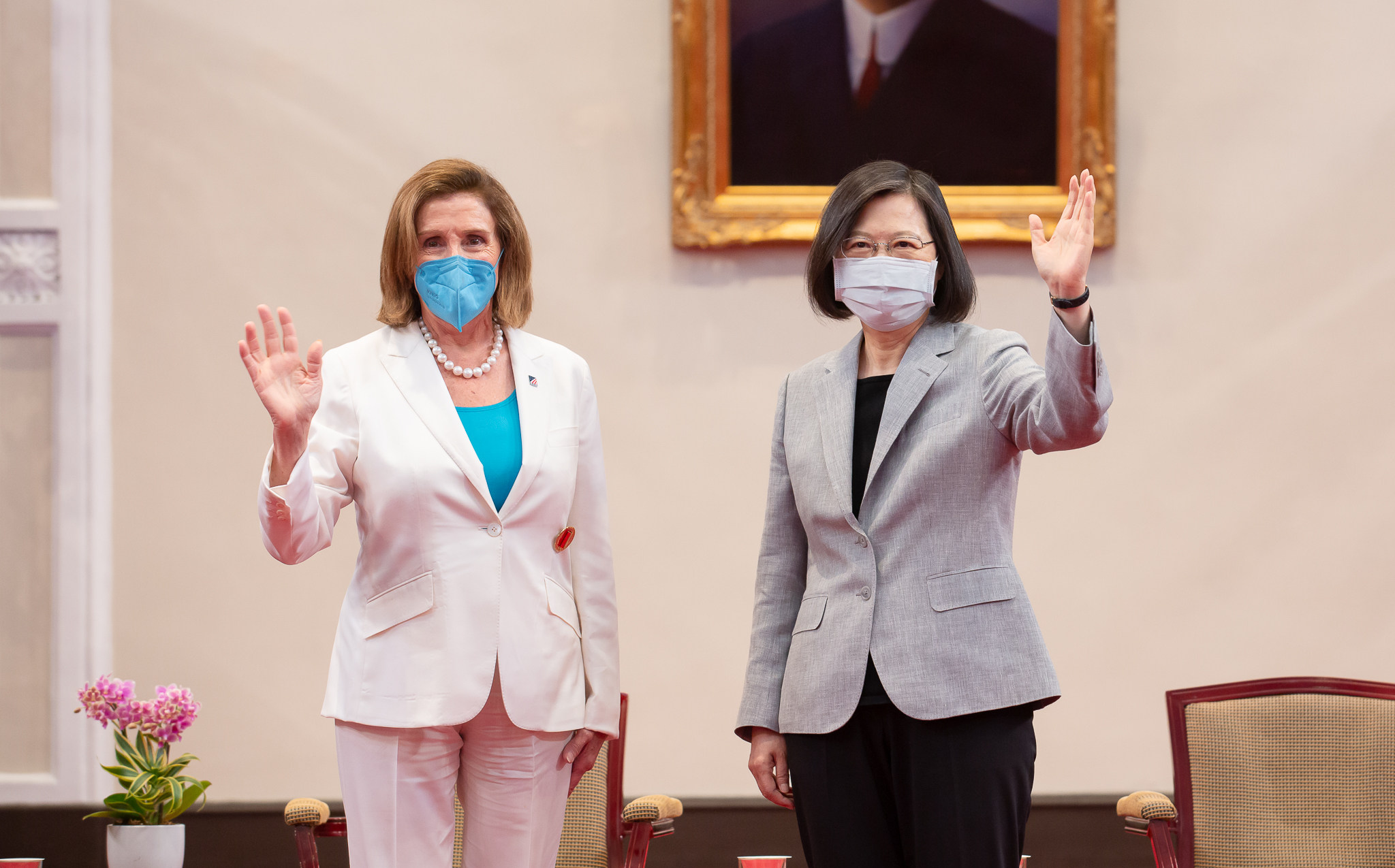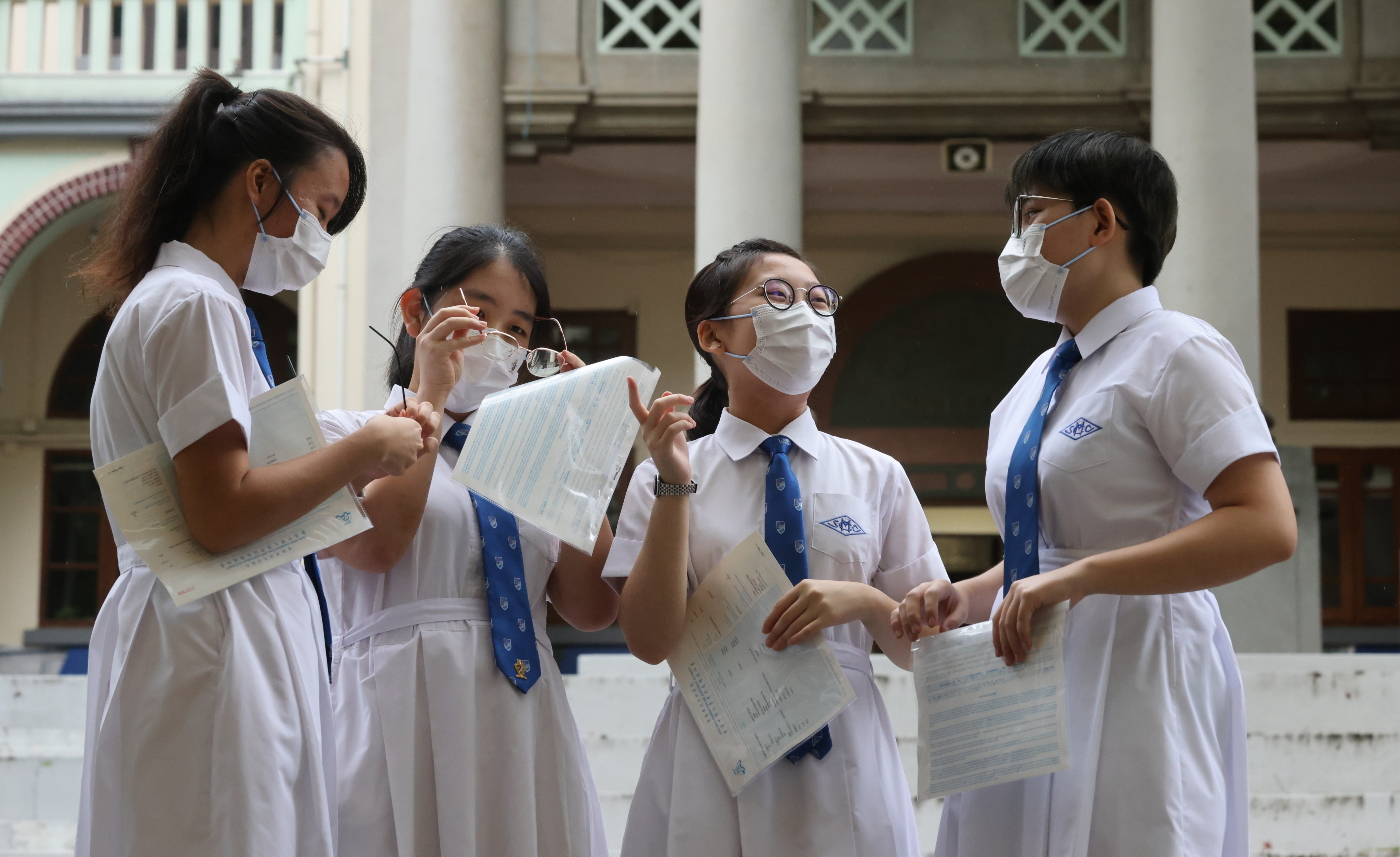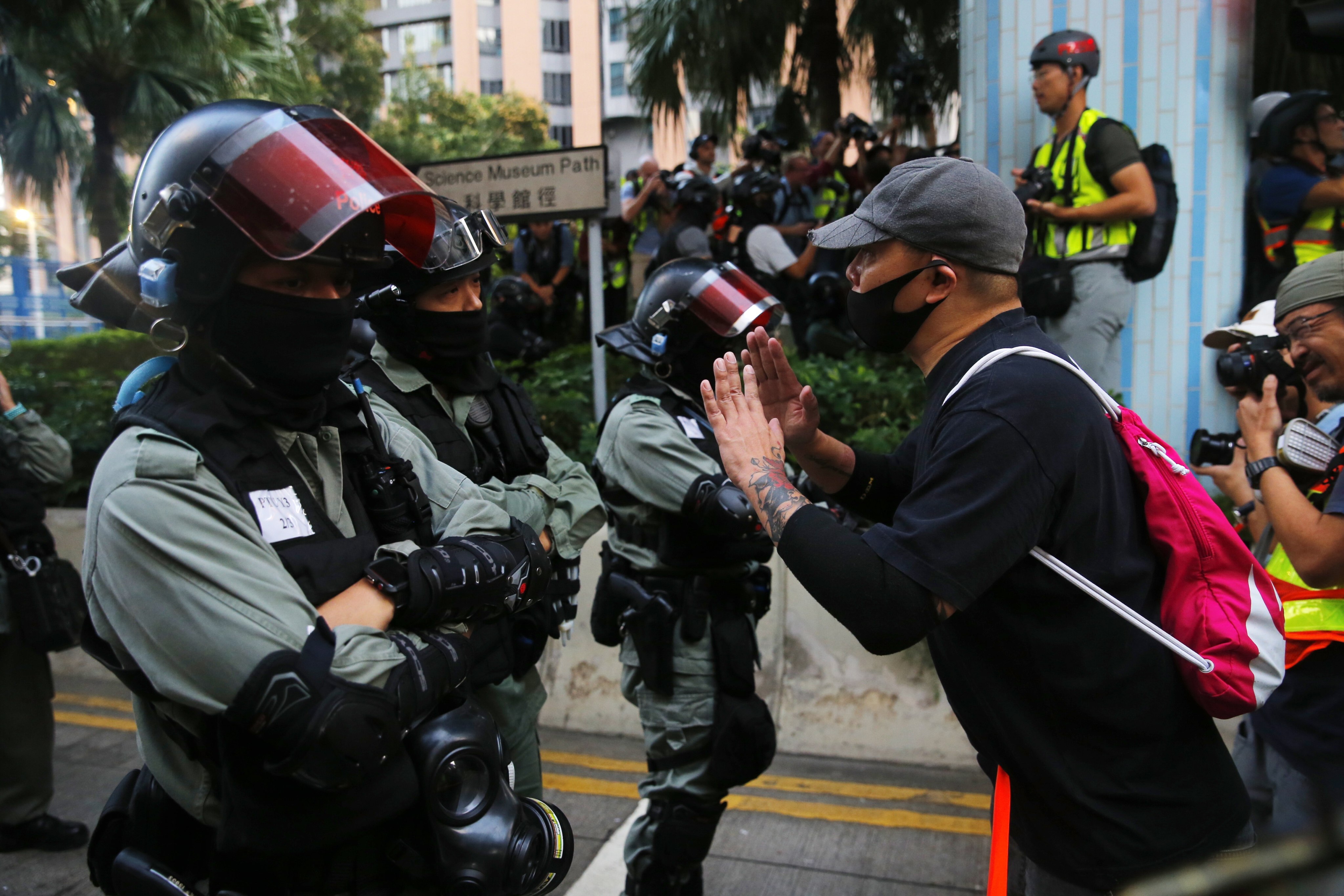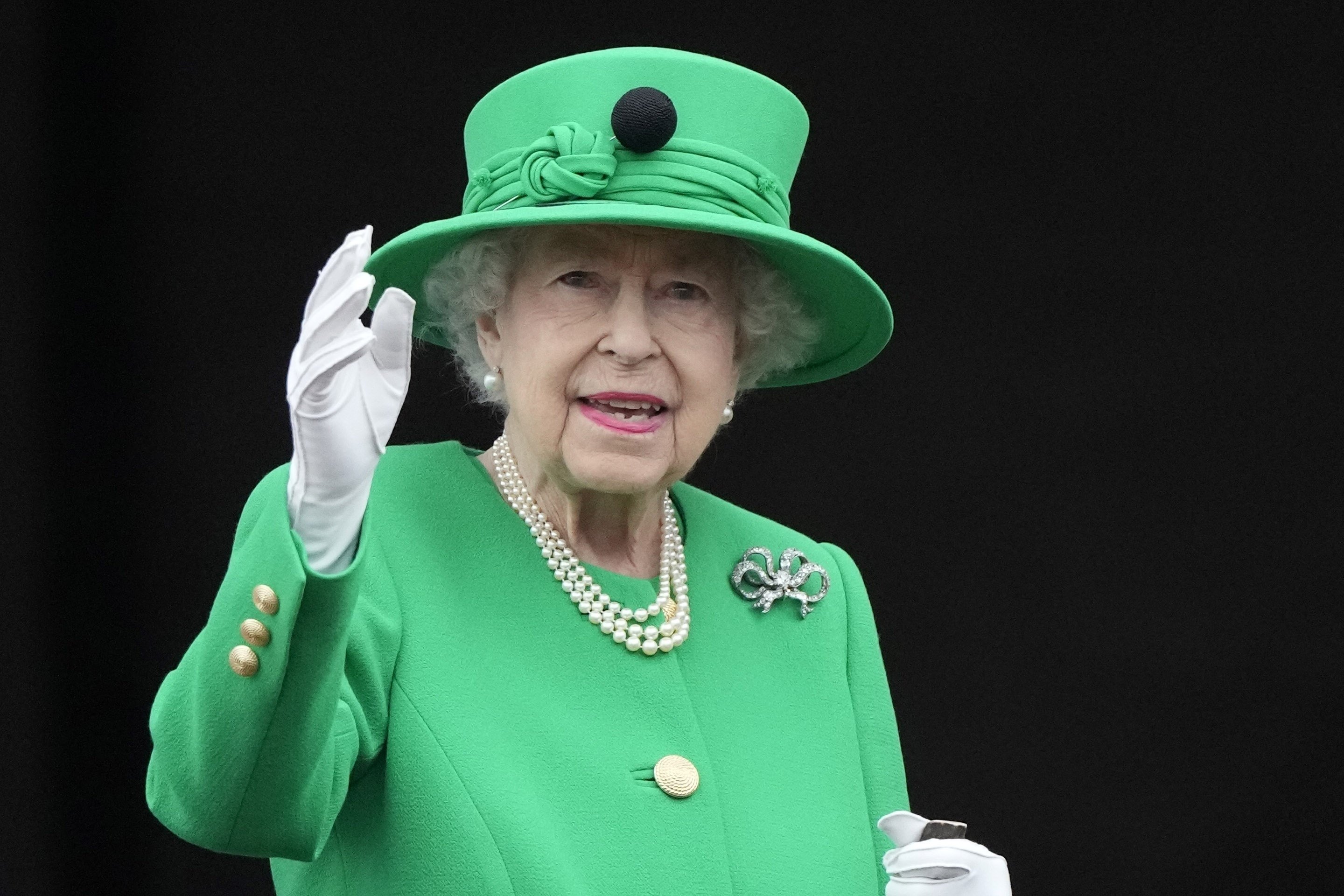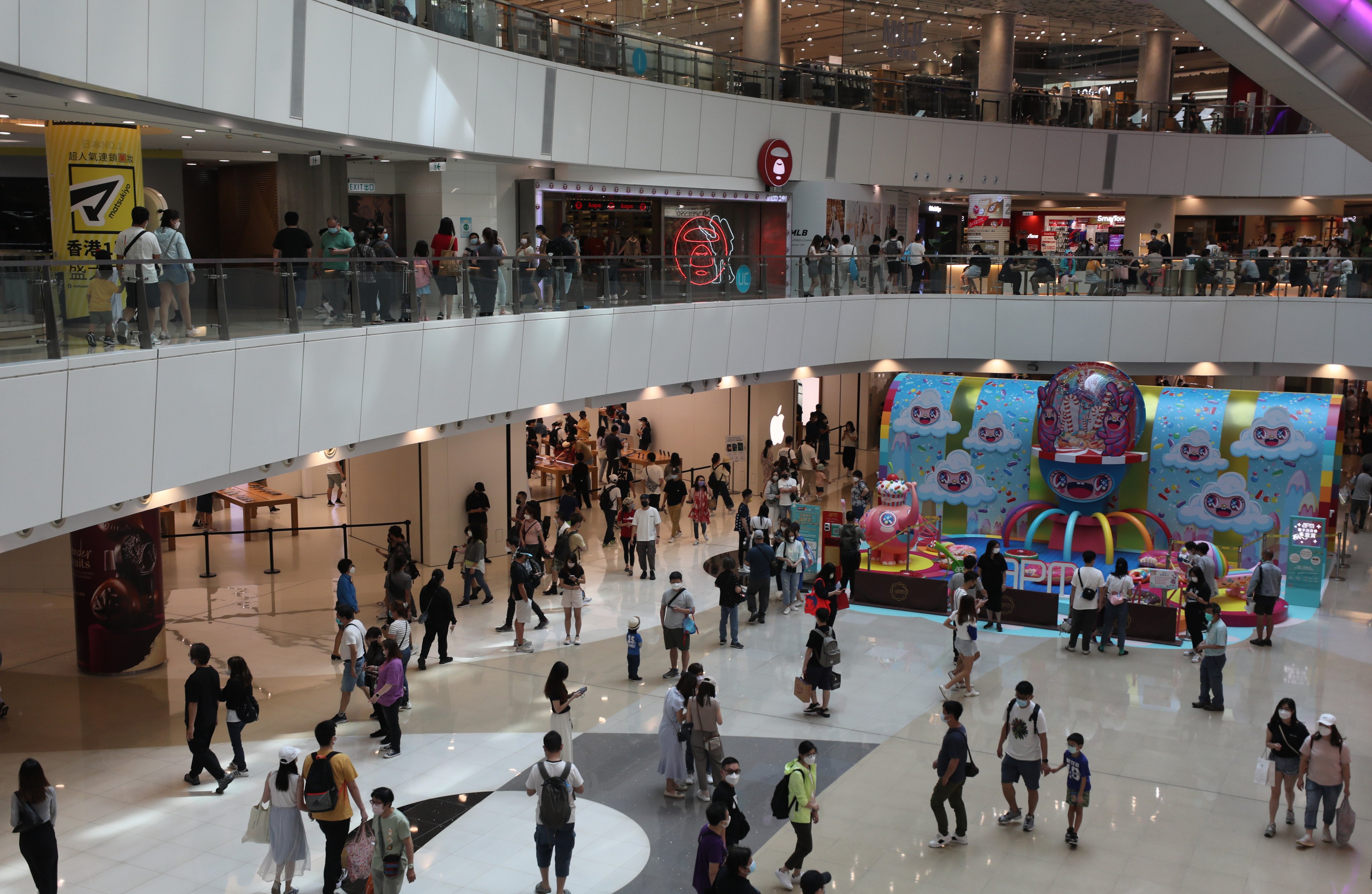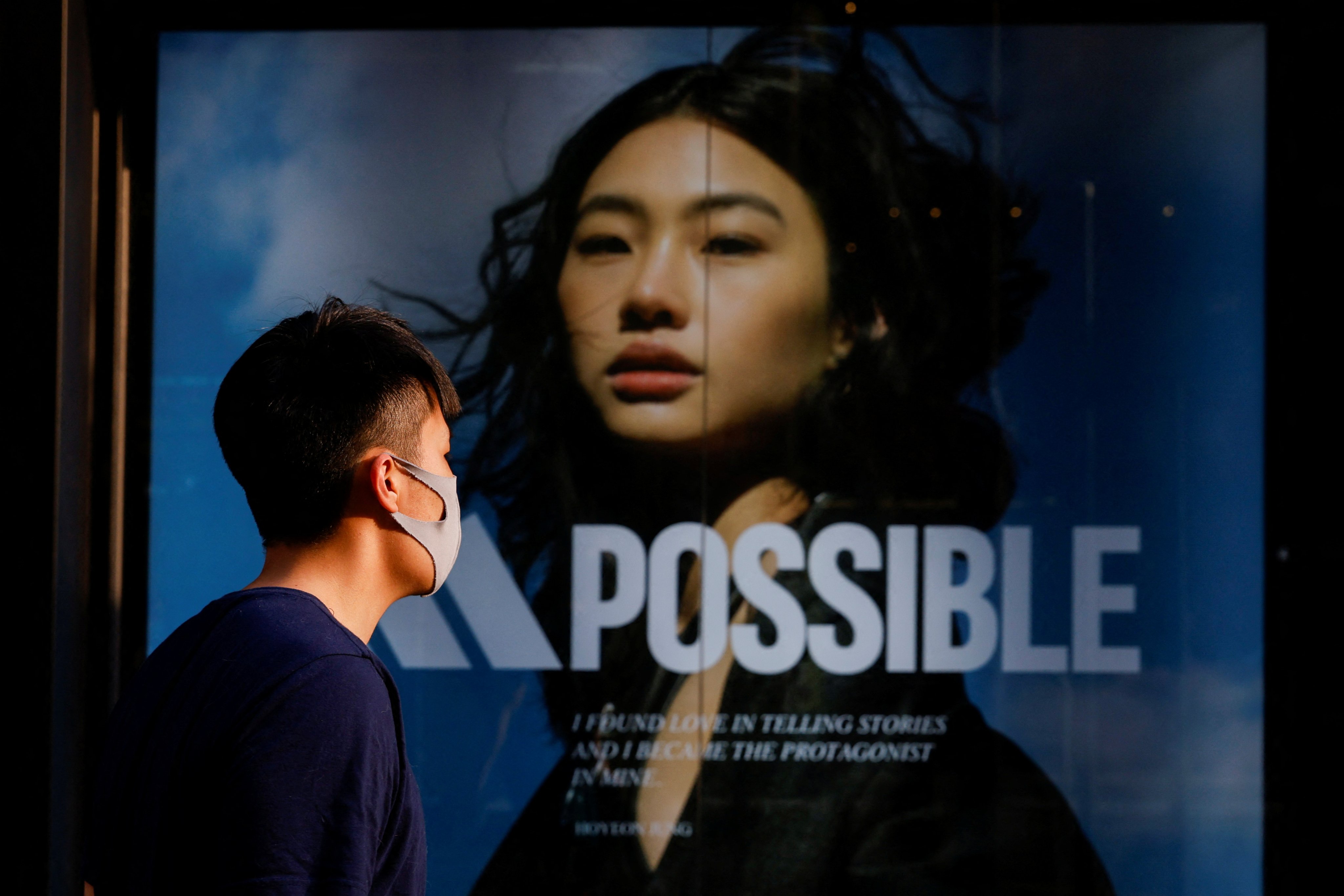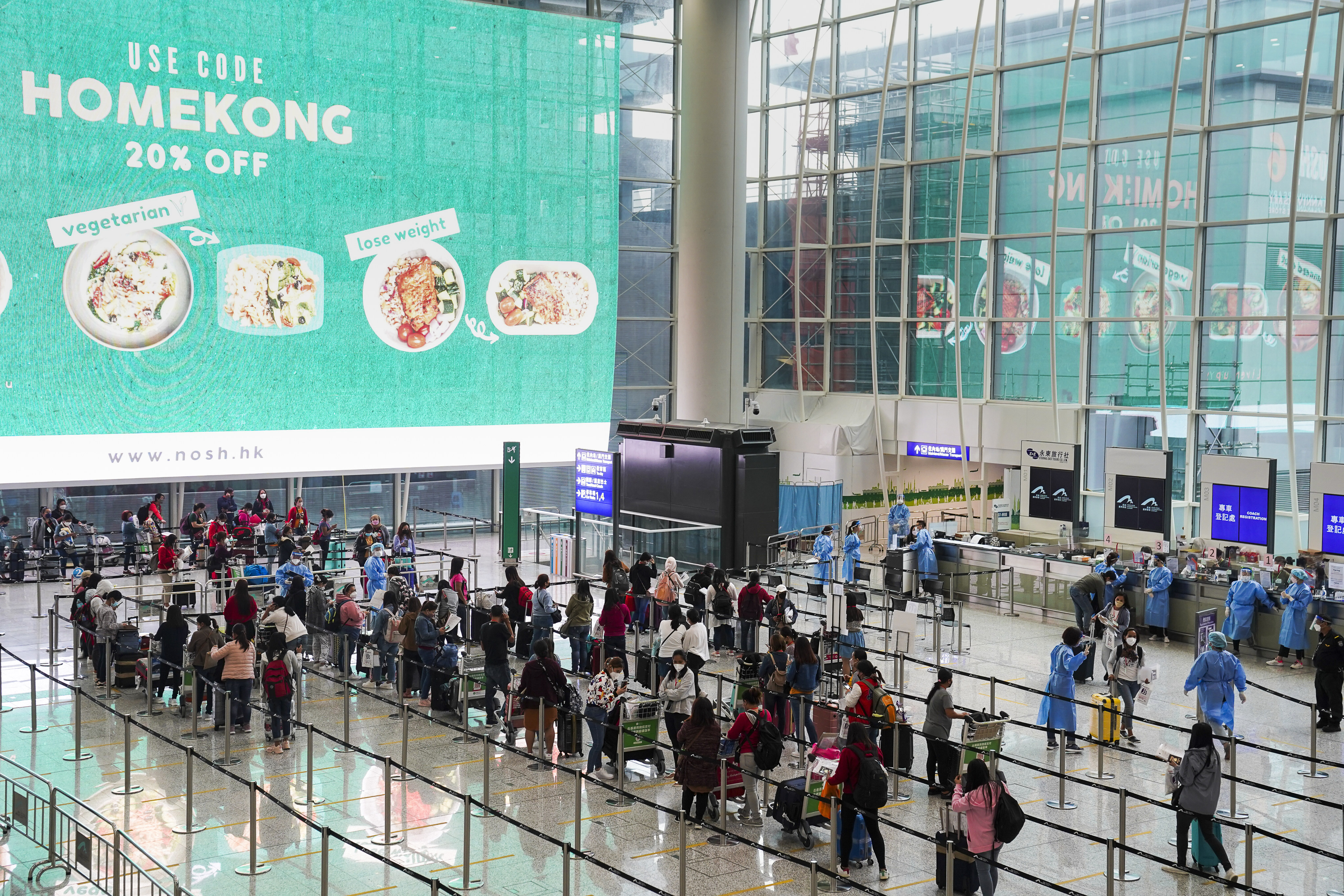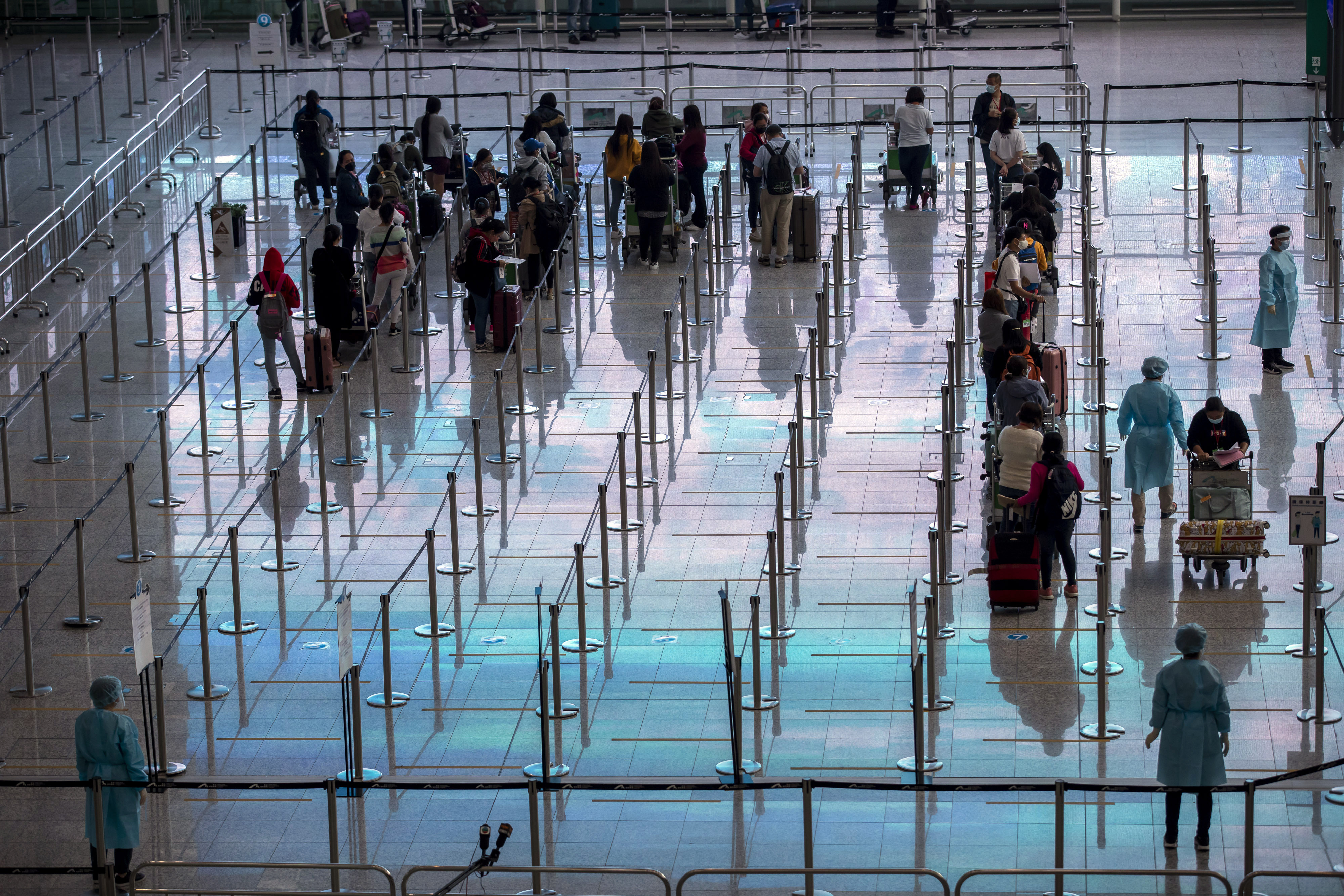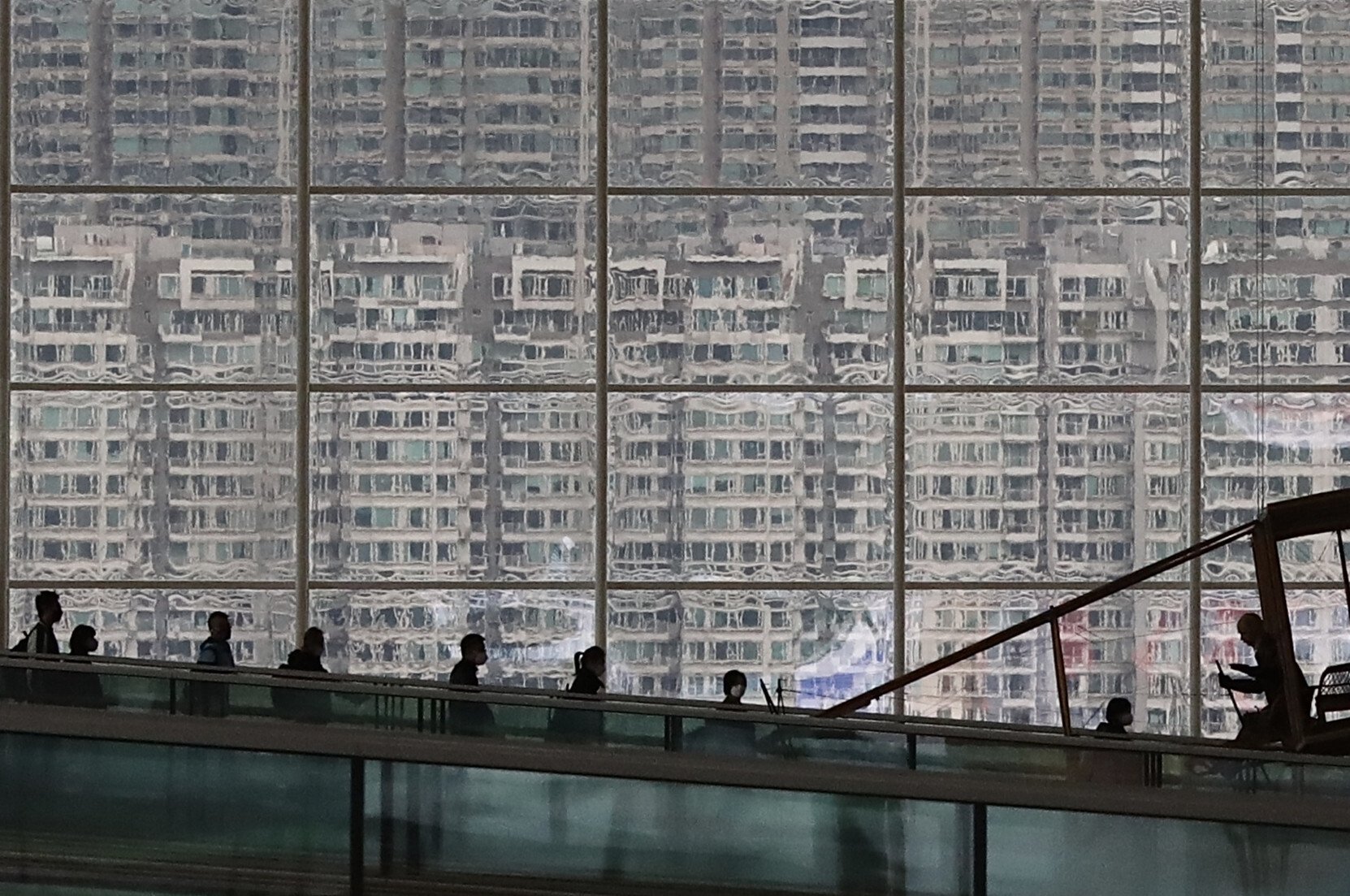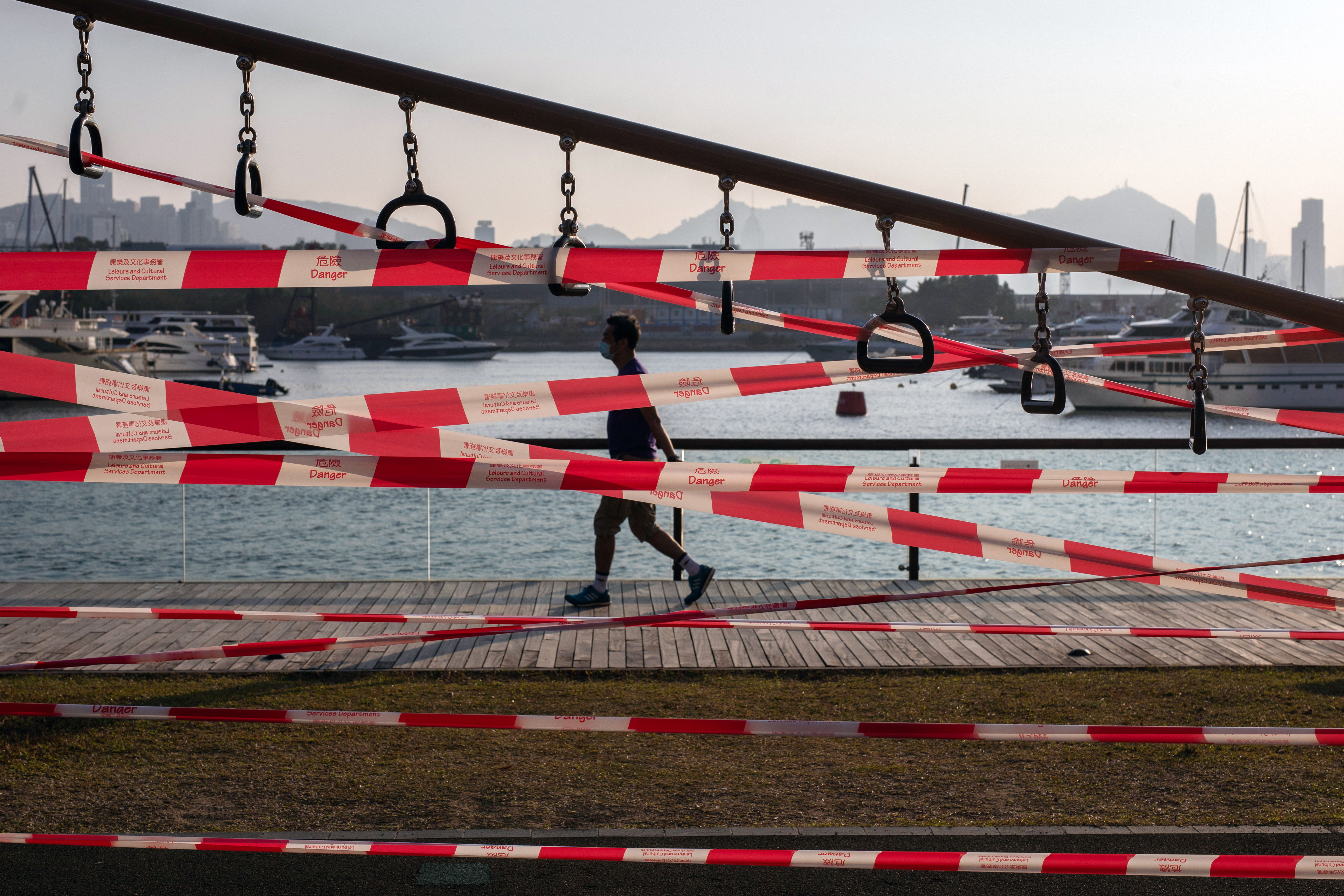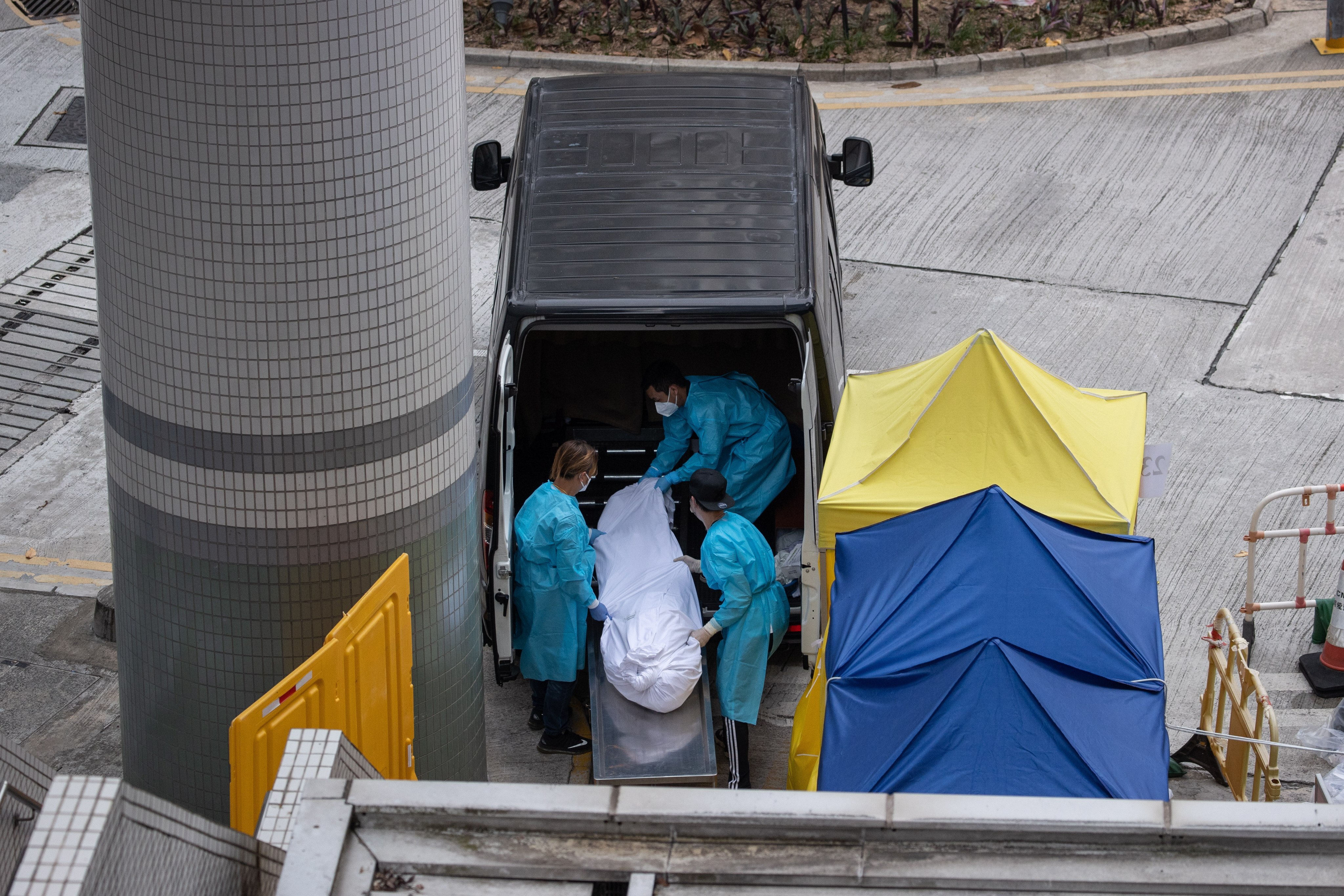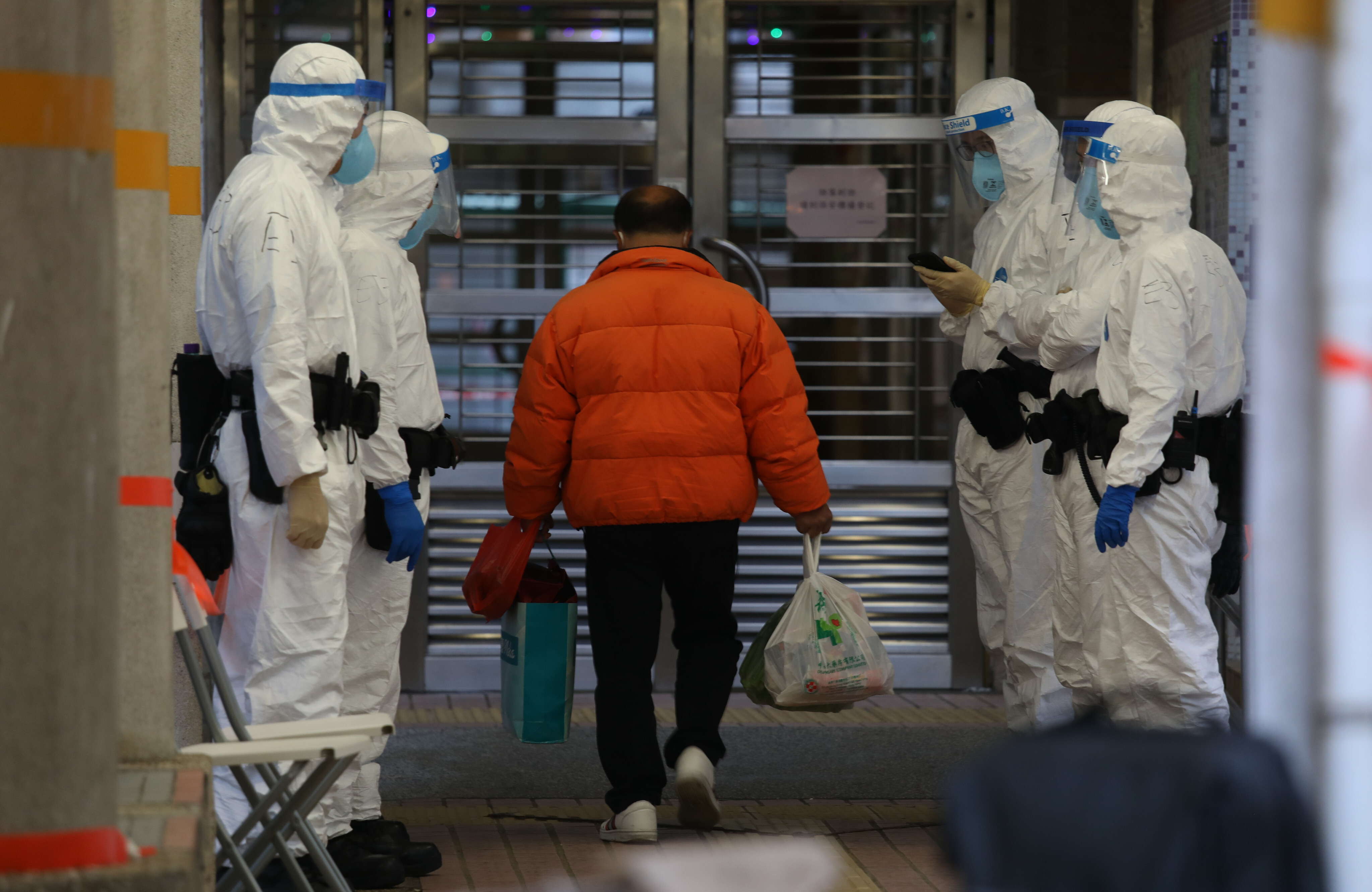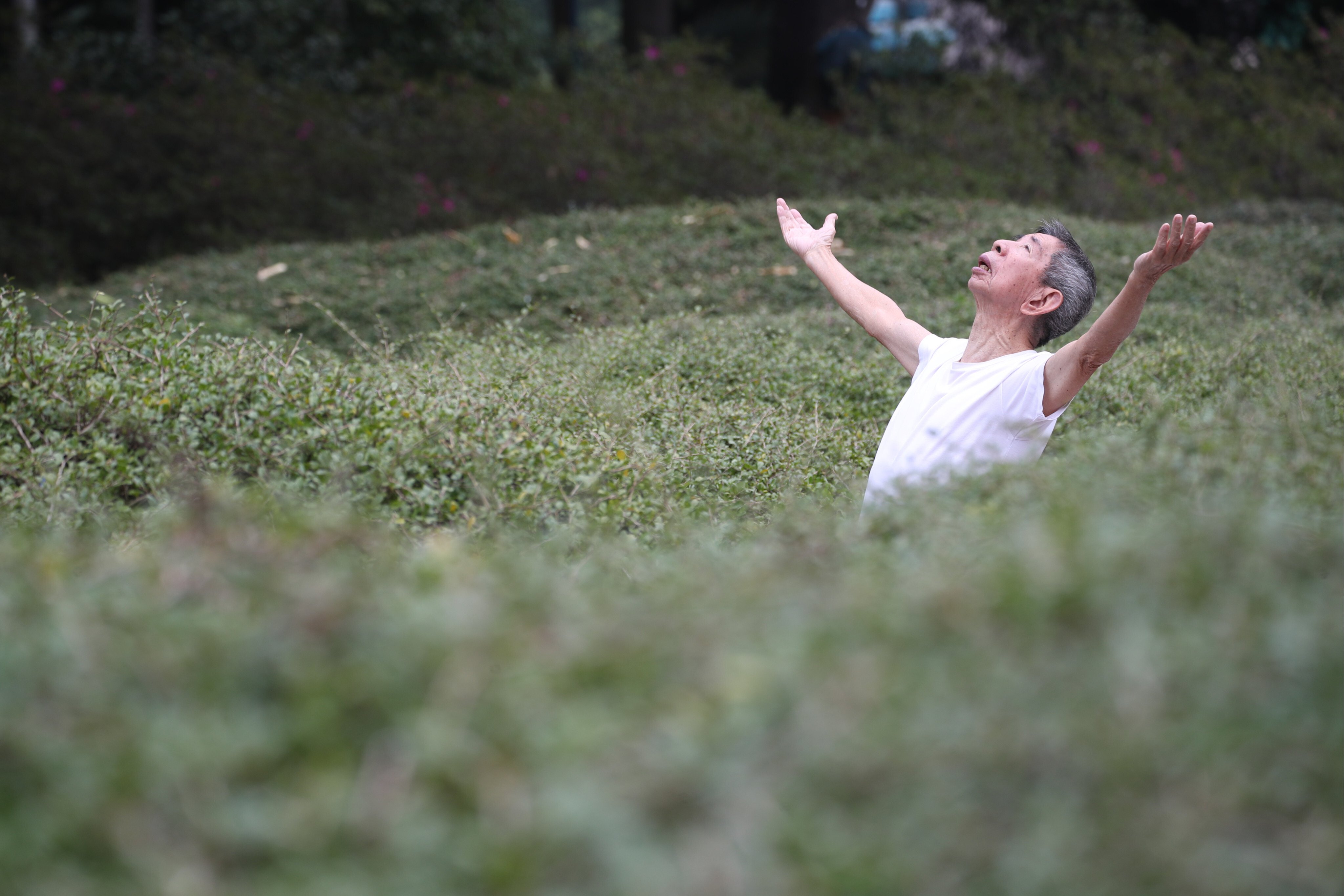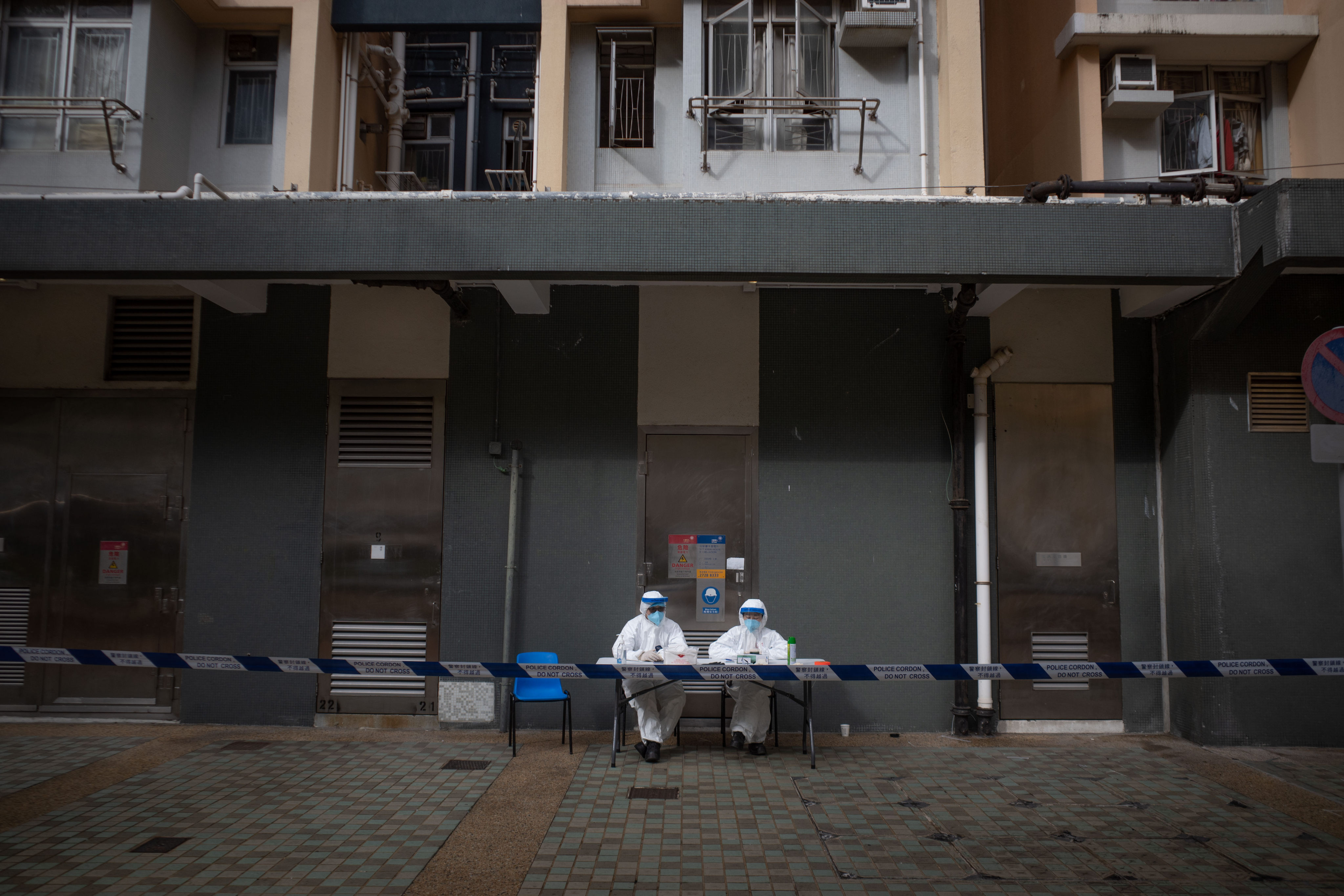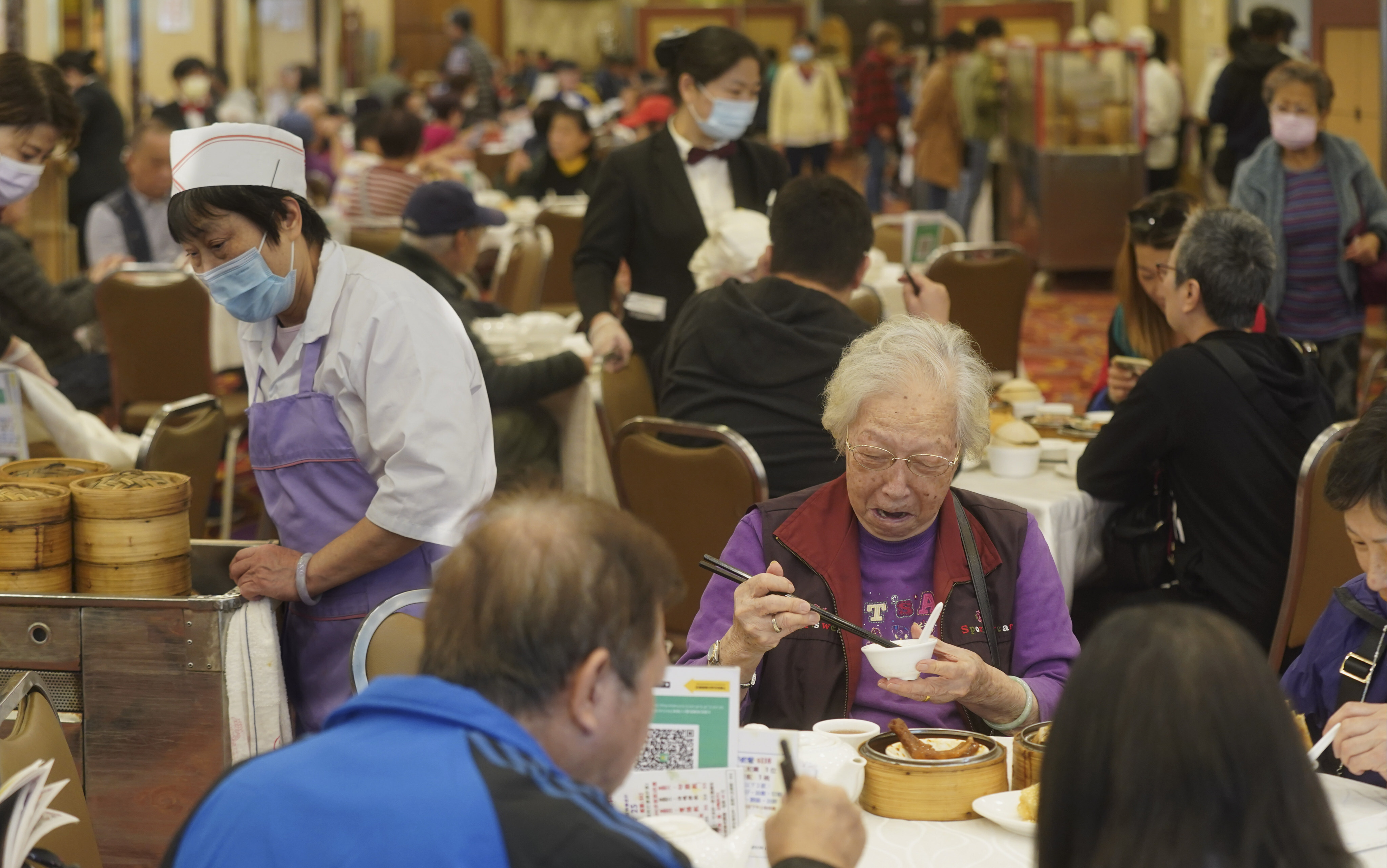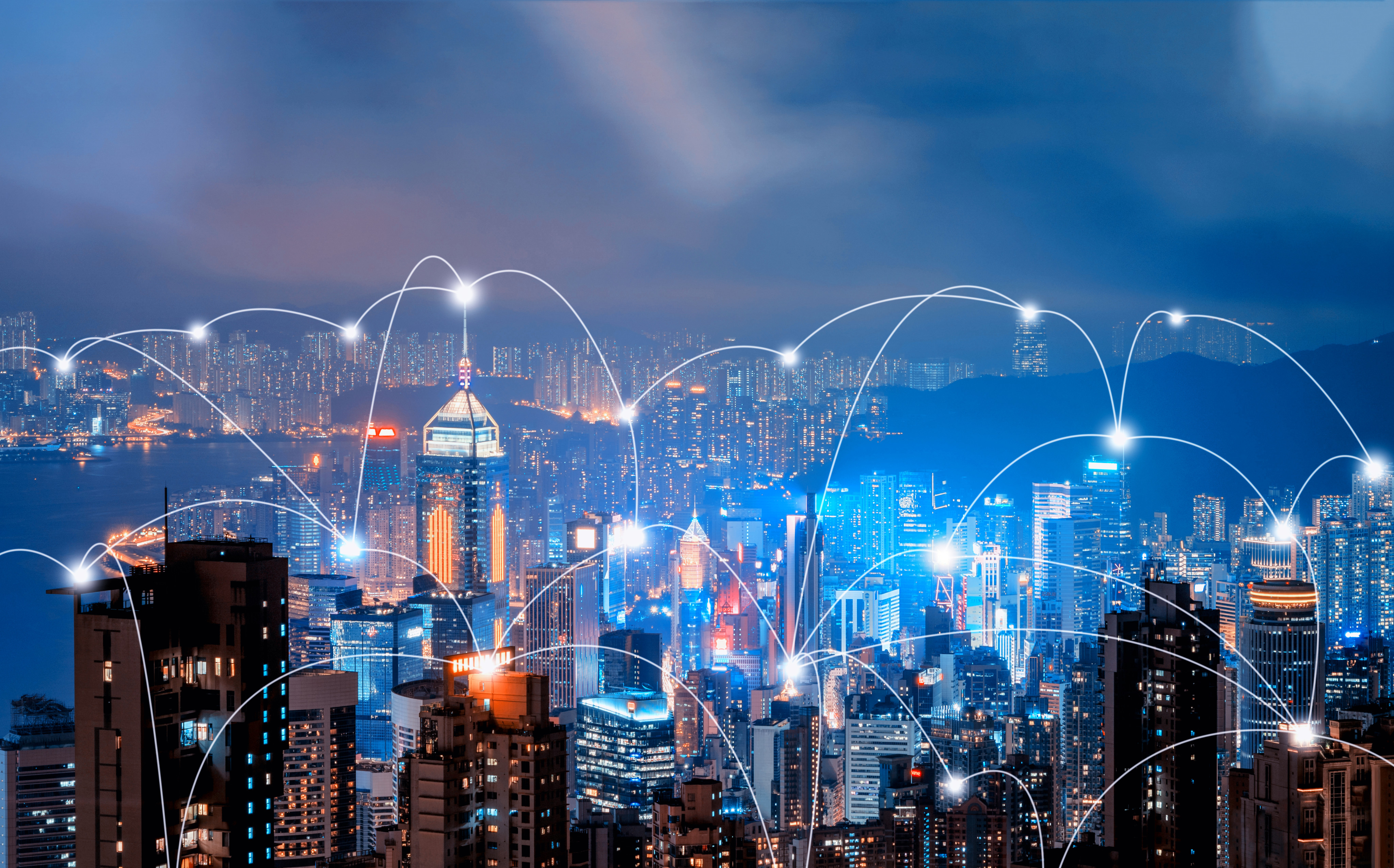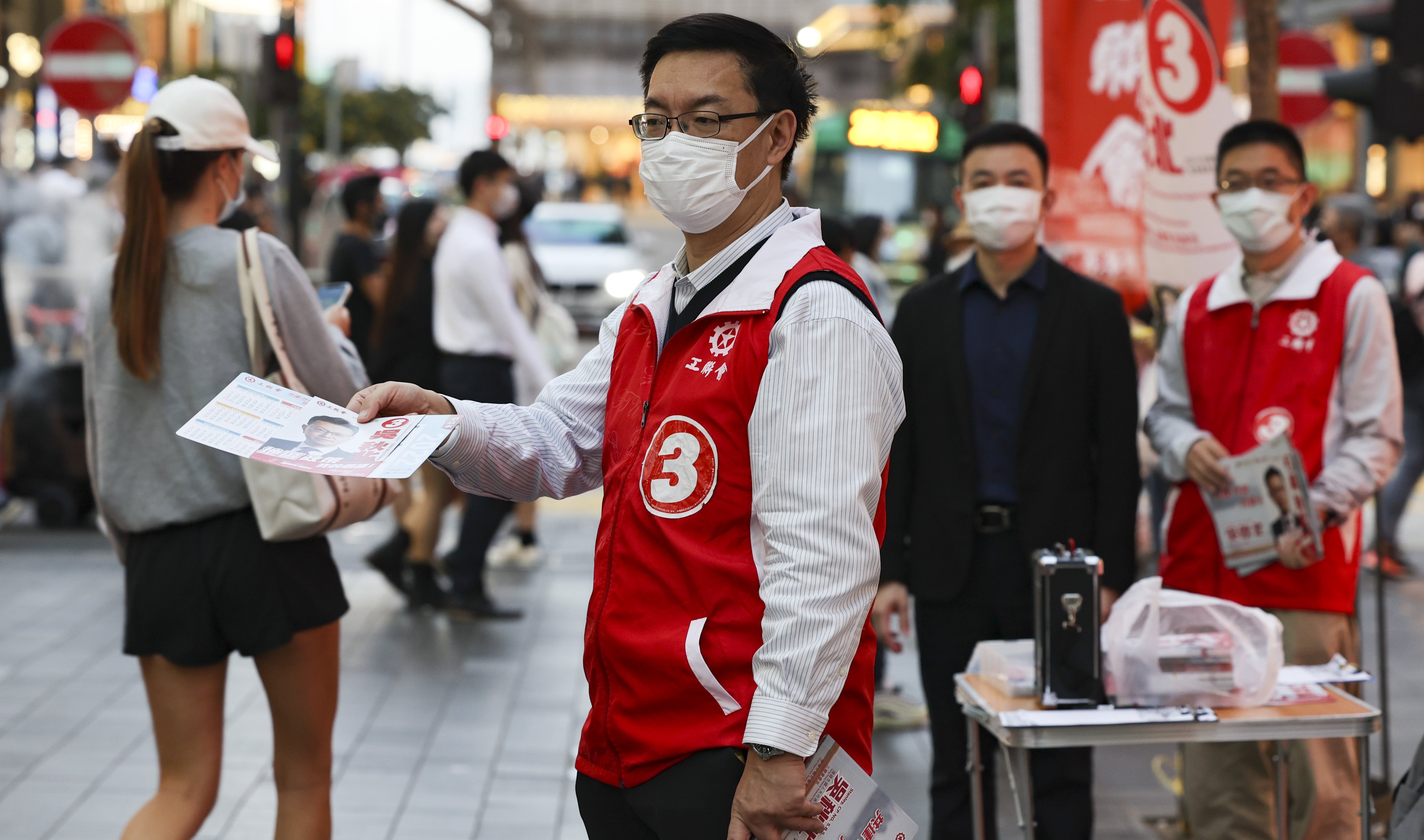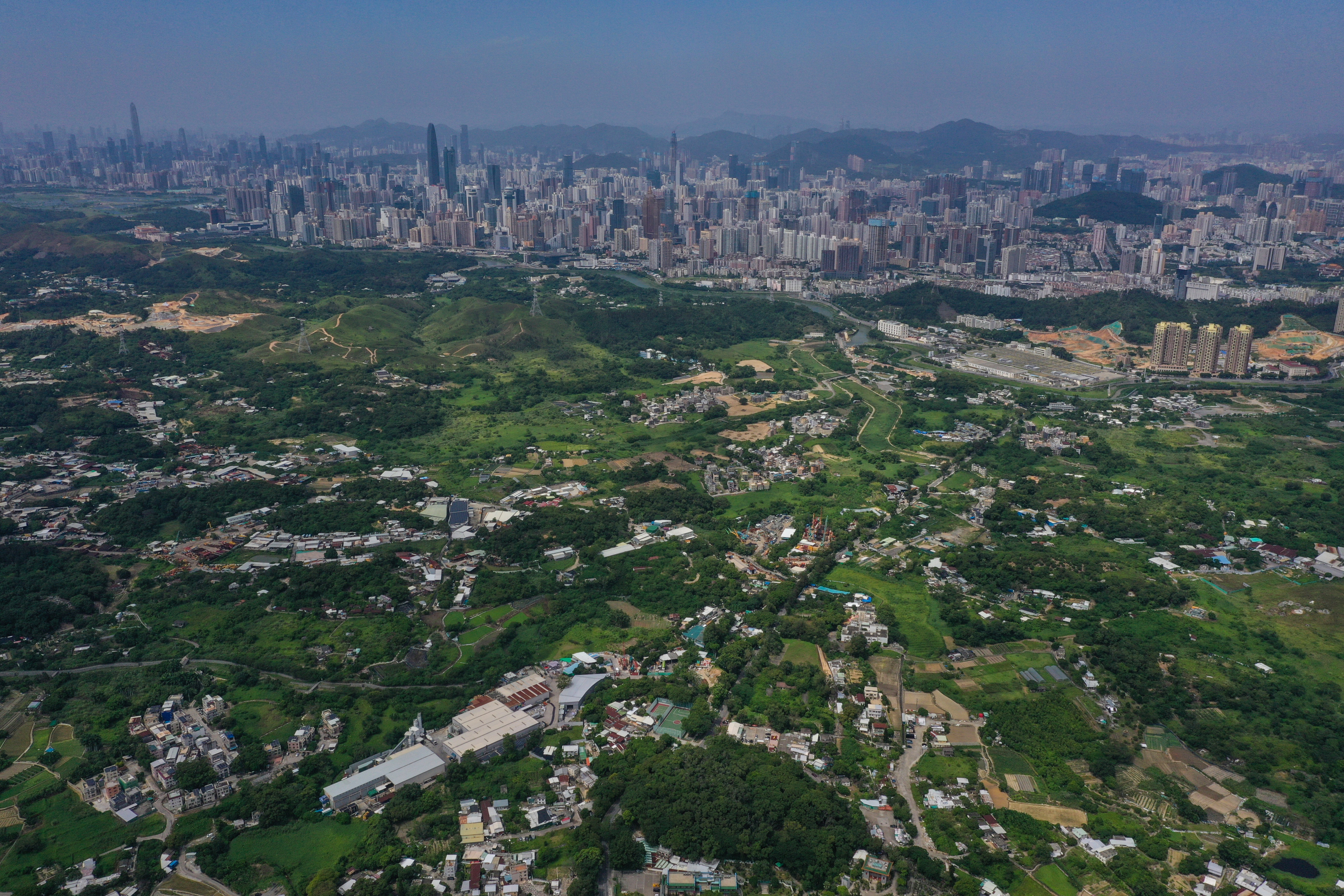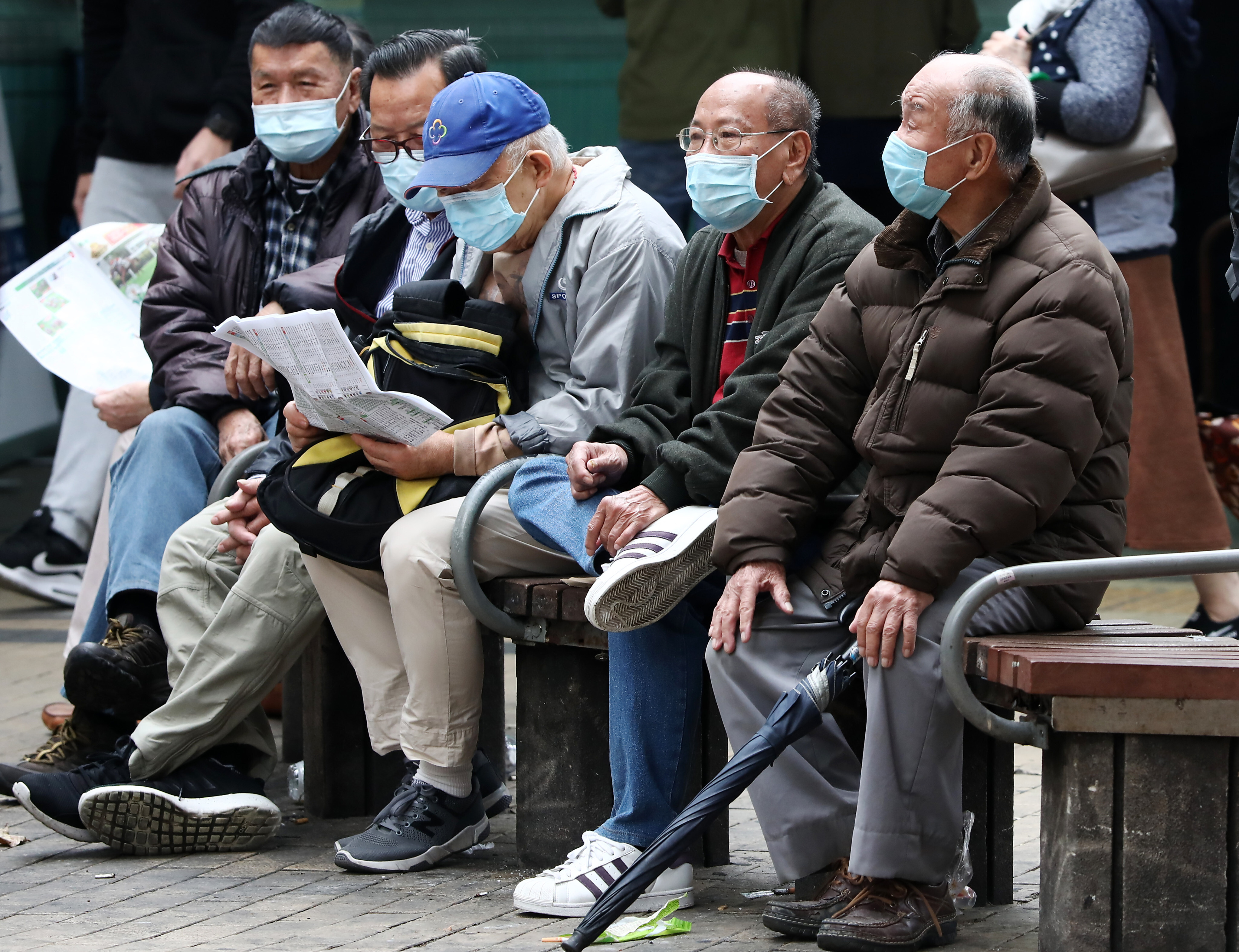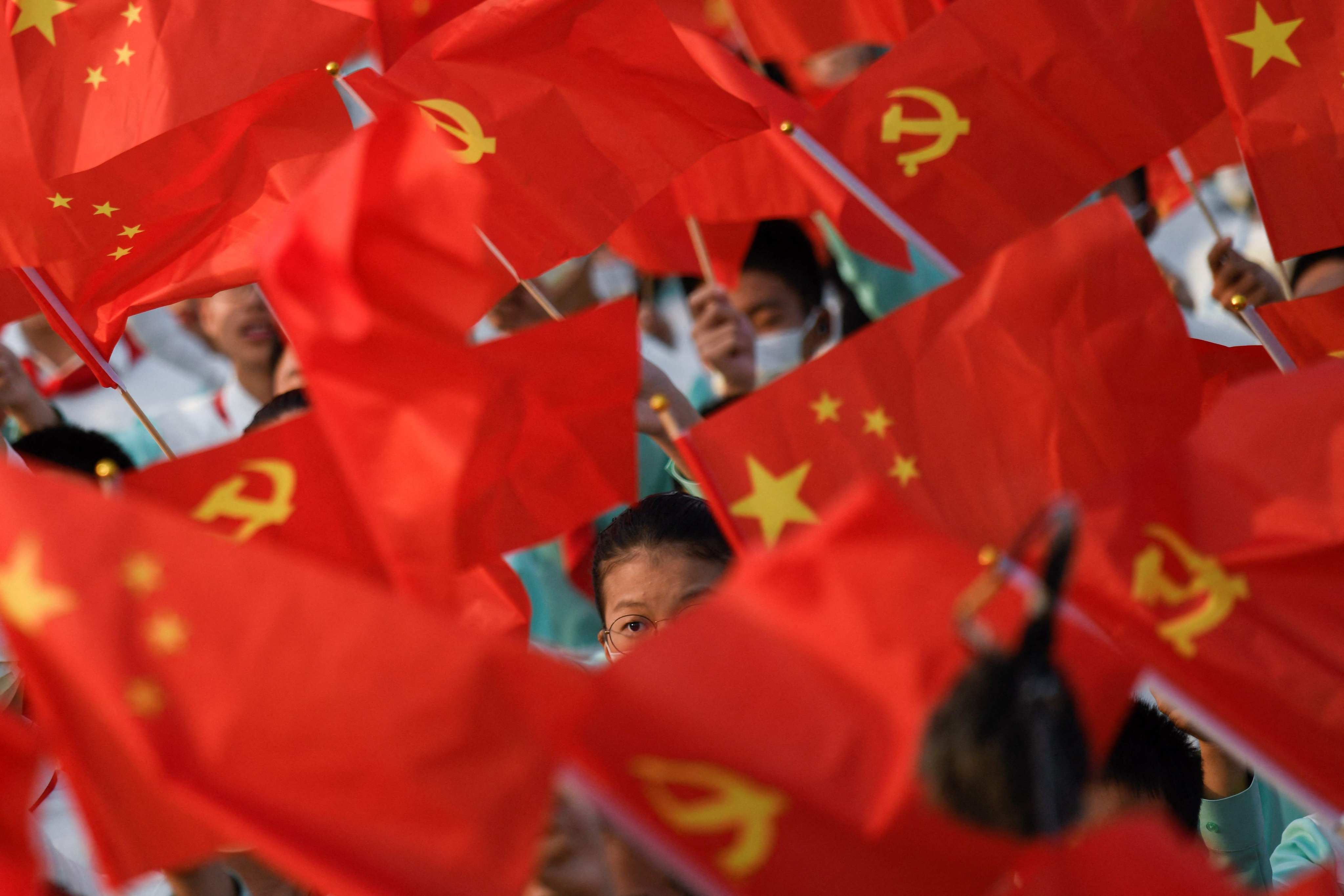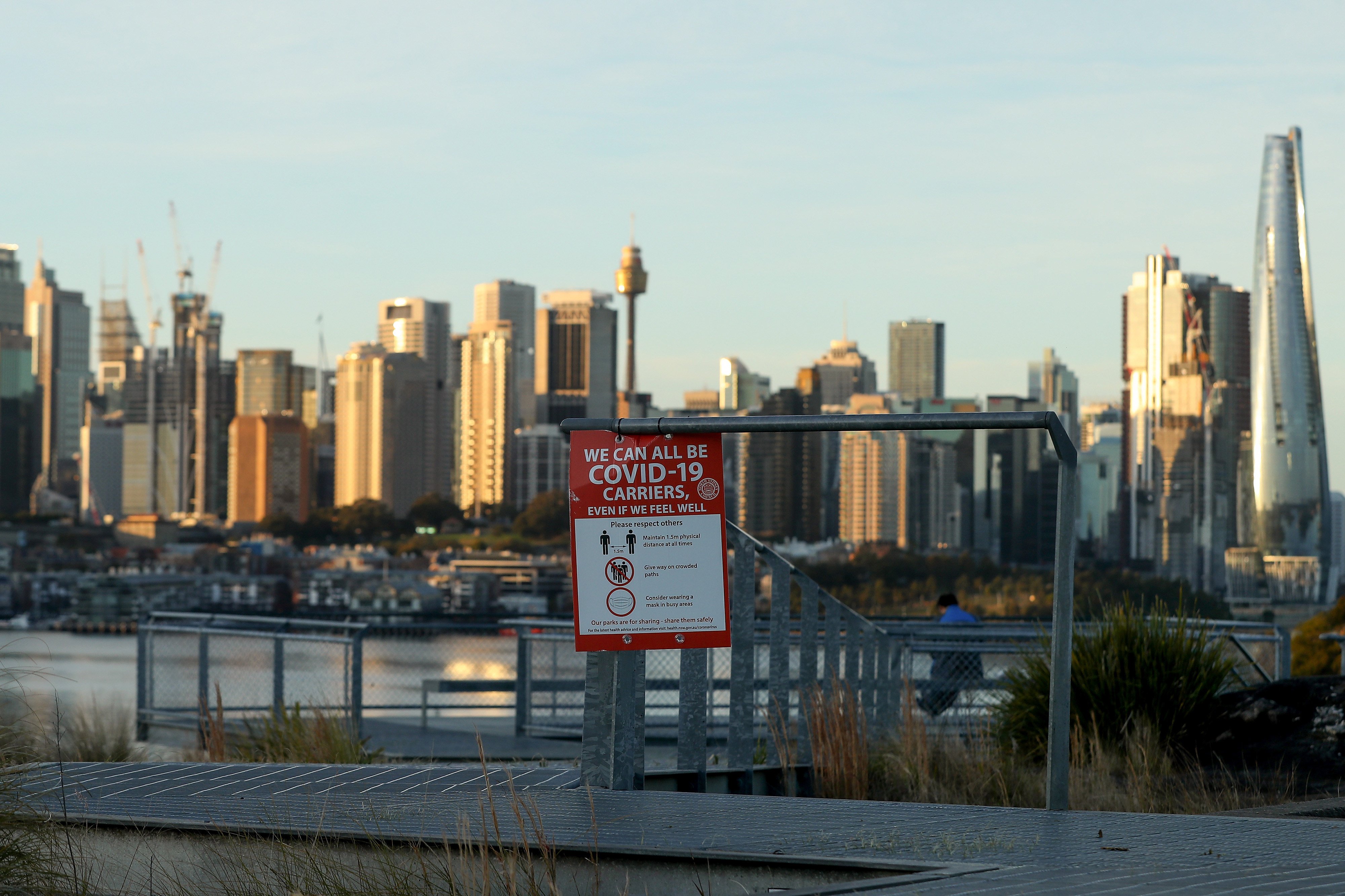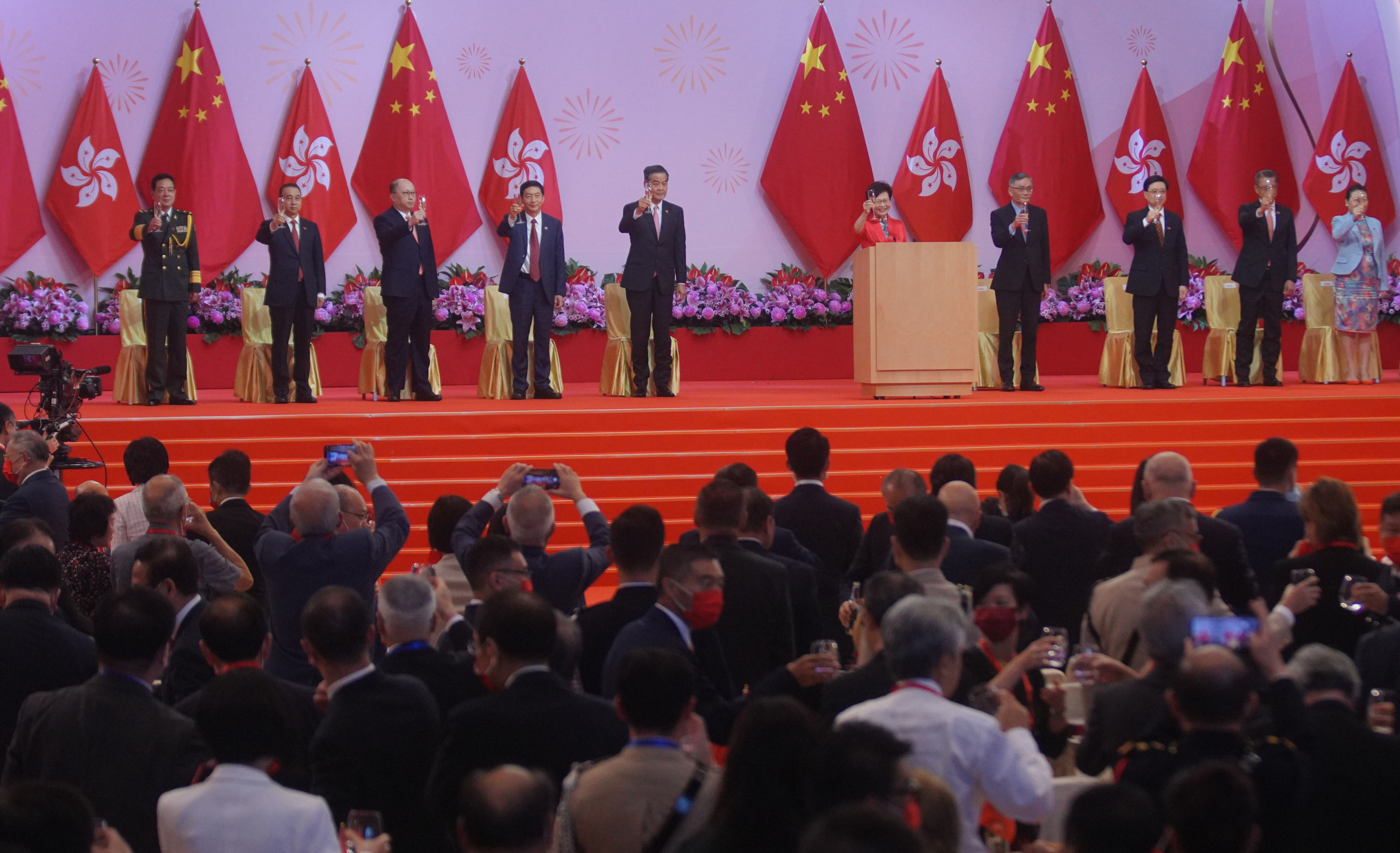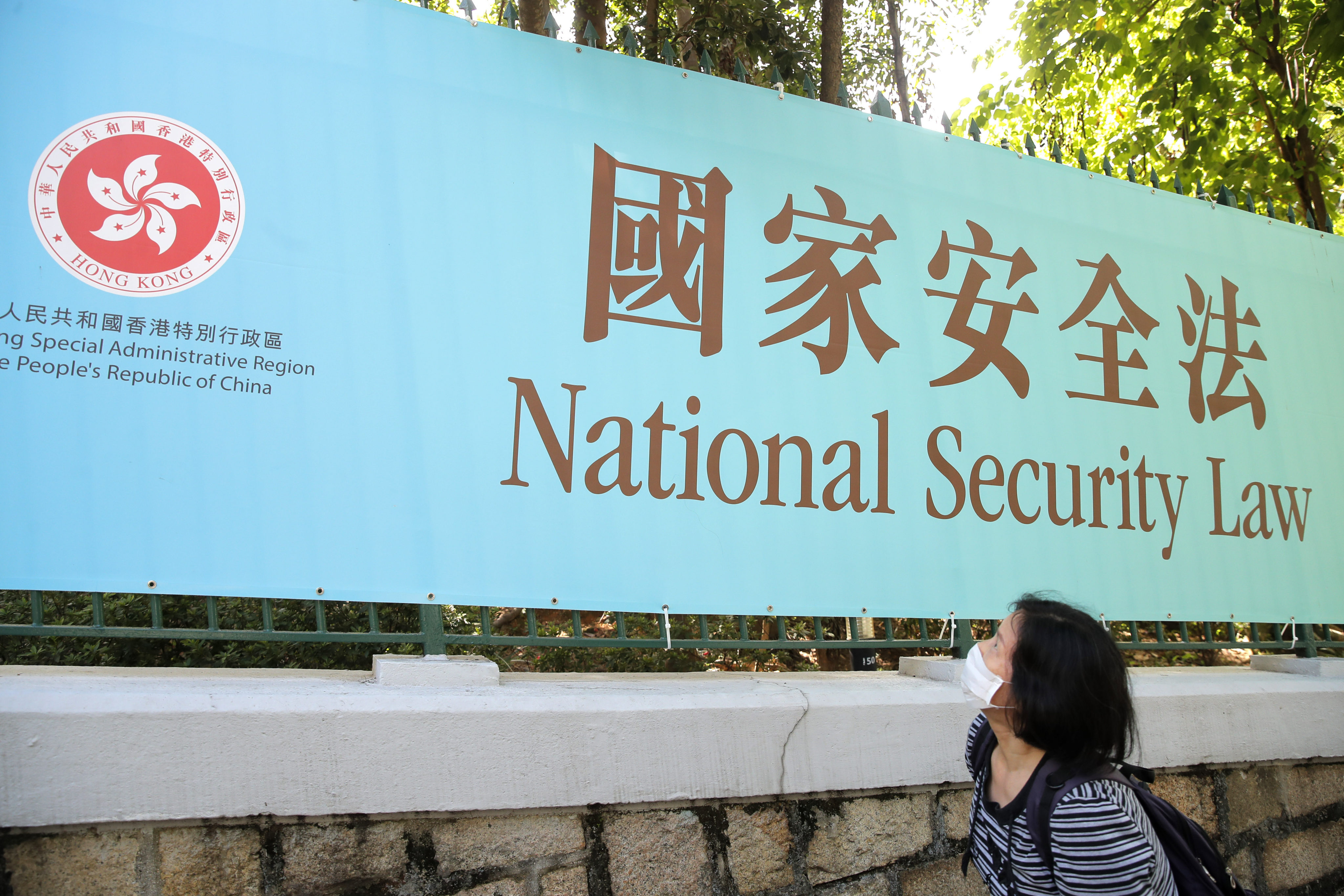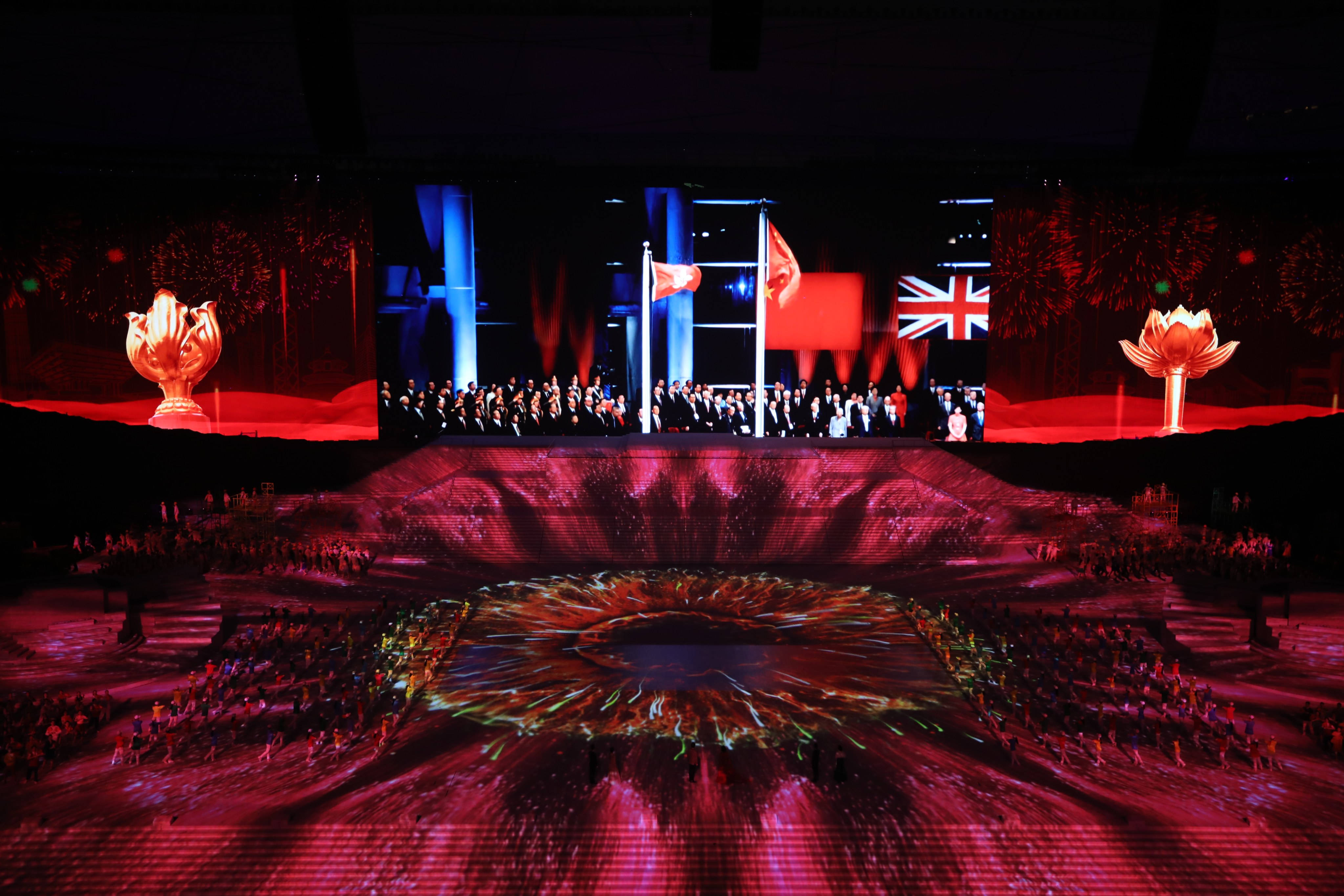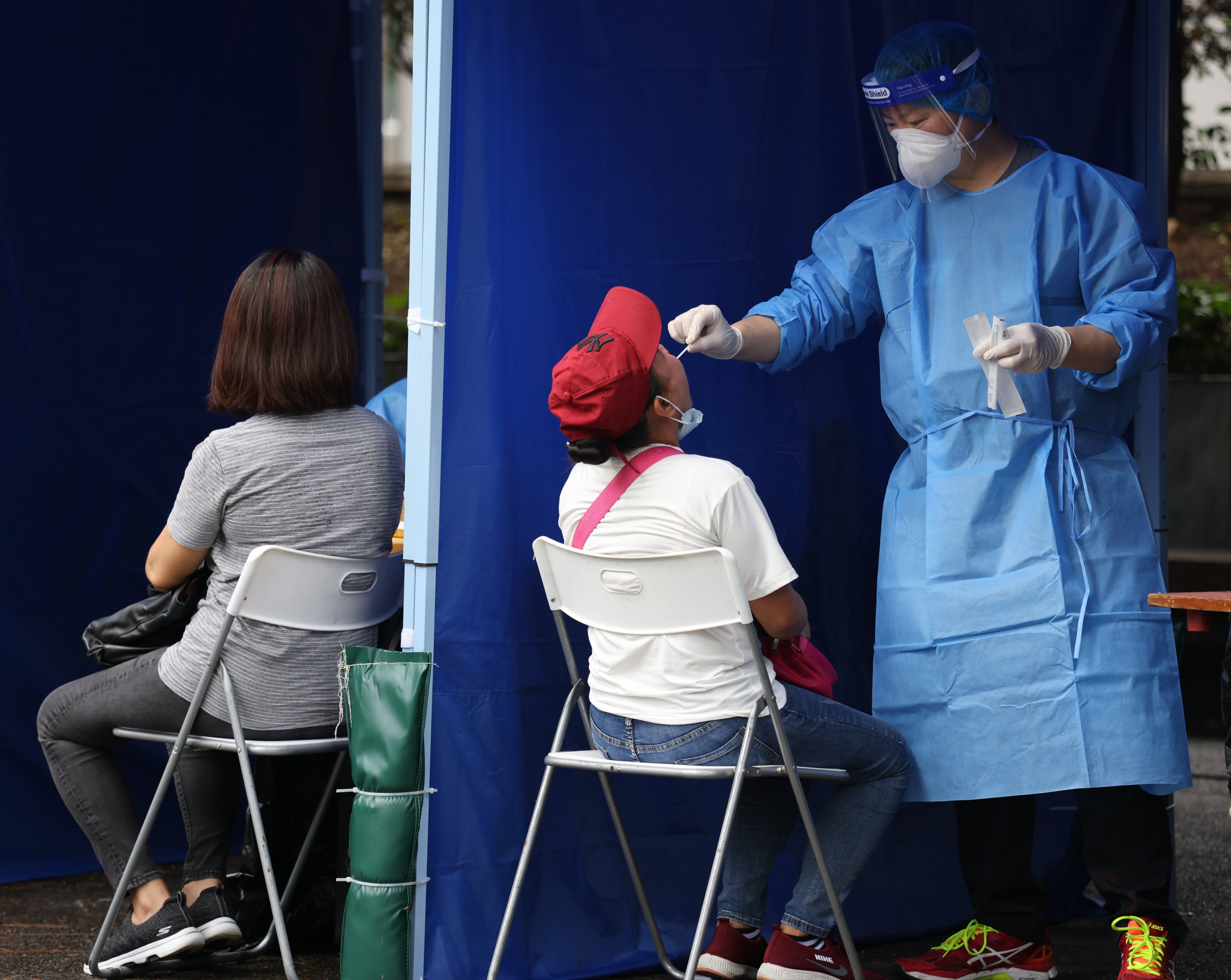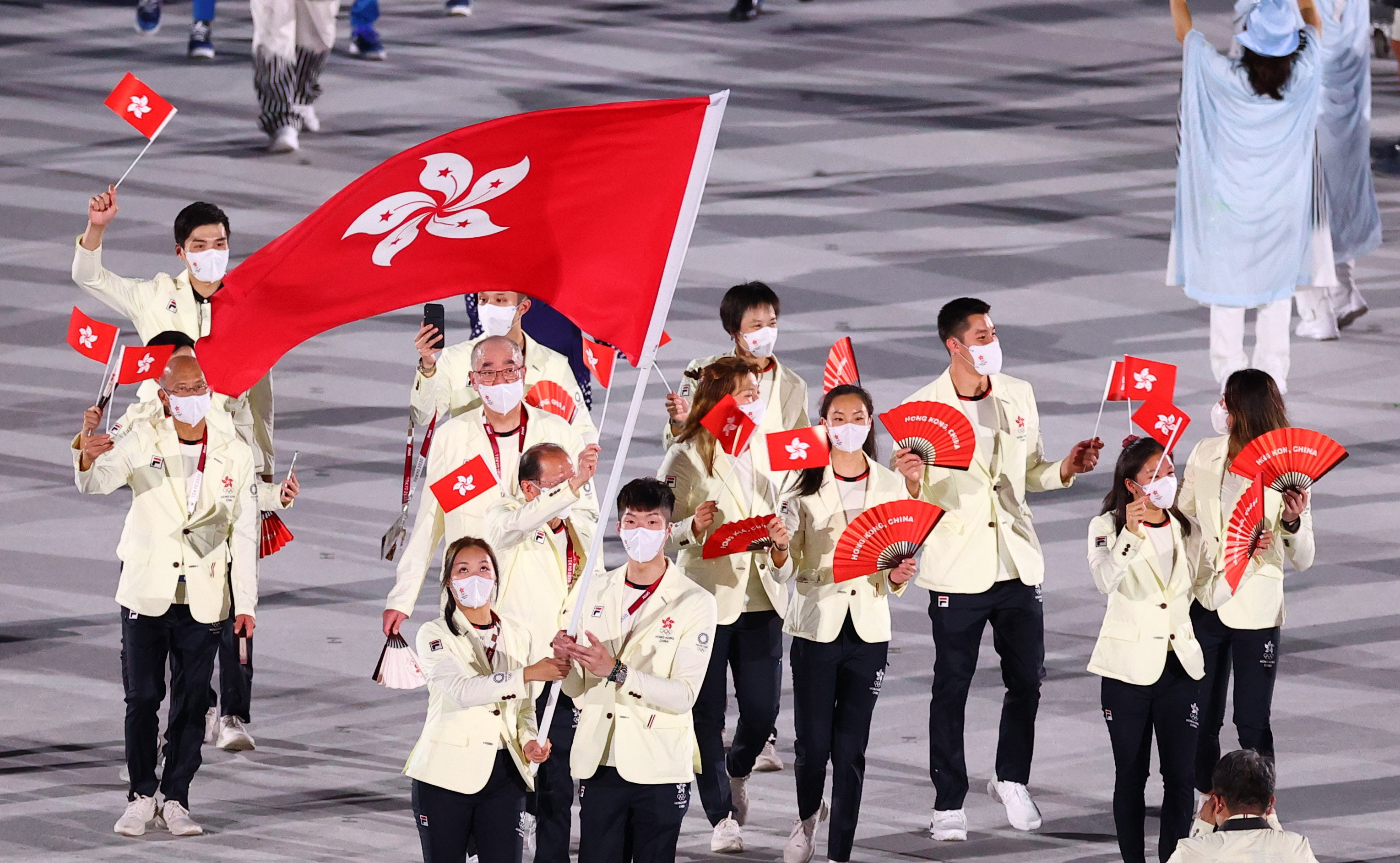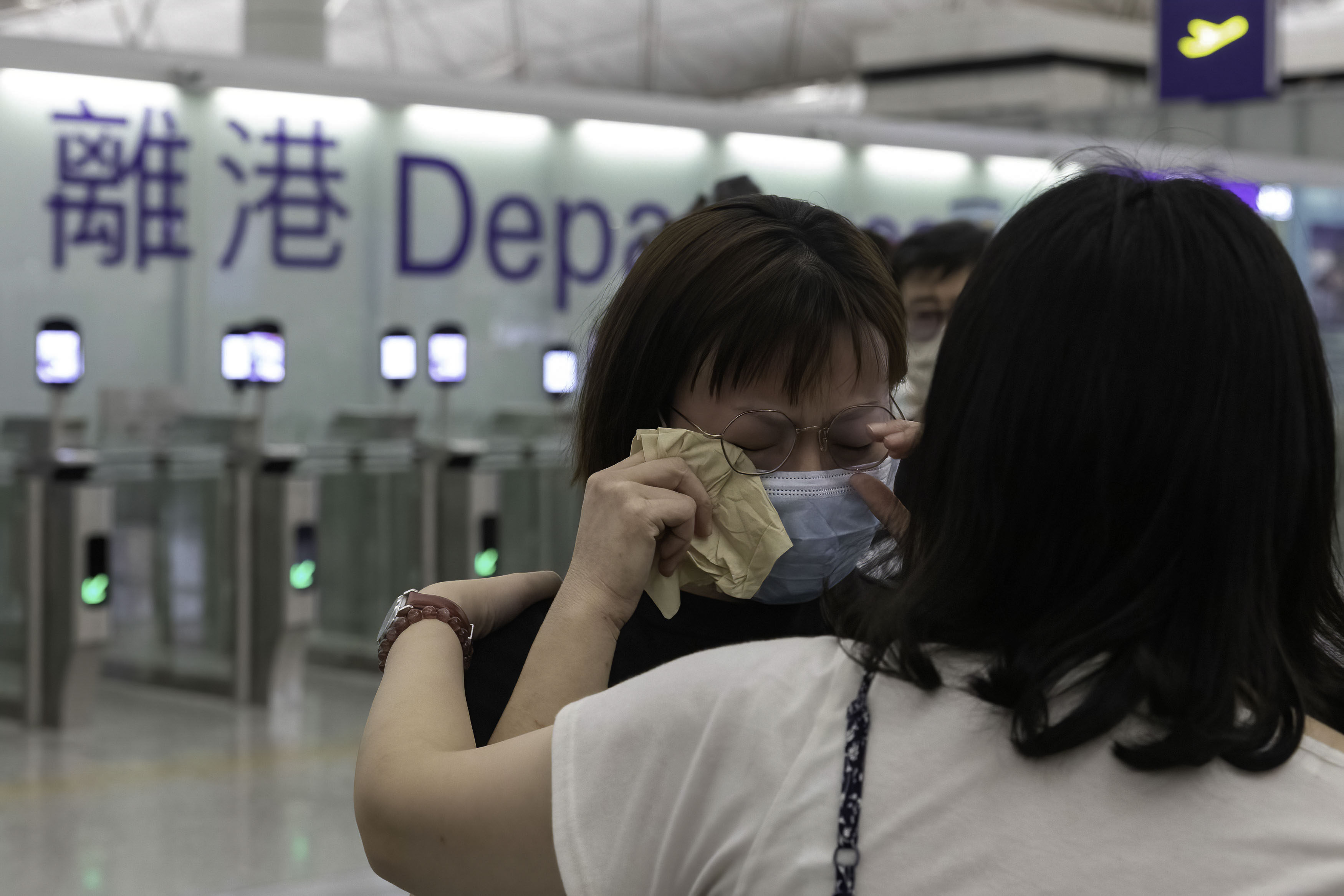Advertisement
Advertisement

Peter Kammerer
Senior Writer and Columnist
Australian-born Peter Kammerer has lived and worked in Hong Kong for more than 30 years, joining the Post in 1988. He is a long-time editorial writer and columnist, as well as a former foreign editor.
After 34 years at the Post, I’m taking a much-needed break, but Hong Kong will remain my home. Friends wonder why I’m not heading abroad for retirement; yet despite recent hardships, our city’s benefits – and people – remain unmatched.
Hong Kong losing its thunder to Singapore is one matter; the perception that it is stuck in the past and not foreigner-friendly is more disconcerting. Our city is world class at building infrastructure, but seemingly incapable of resolutely improving lives. This must change under the new administration.
Strategic ambiguity has for years been Washington’s way of staying on side with both Beijing and Taipei. Biden was shuffling away from the one-China policy; Pelosi’s trip to Taiwan took matters a step further, giving Beijing every reason to respond.
Most of this year’s DSE top scorers want to study medicine – a fine choice, especially given our city’s brutal experience with Covid-19. But if Hong Kong is to become China’s IT hub, as Xi Jinping expects, it will need to encourage its youth to explore more creative paths, too.
Advertisement
Free screening is offered for colorectal cancer but not lung or breast cancer, even though these are the three most common cancers in Hong Kong. For breast cancer in particular, early detection can make a huge difference to successful, low-cost treatment and survival.
Beijing supporters say destructive elements of society have been removed. Pro-democracy voices claim dissent has been outlawed by an unresponsive government. The government calls it a restoration of stability but, to many foreign commentators, Hong Kong is now a police state.
President Xi Jinping congratulated the British monarch earlier this year on her 70-year reign. Hong Kong officials, products of the British colonial system, may be caught in the middle but they can’t just ignore the past.
While restrictions have been eased on most places, the hassle of having to comply with all the entry rules means staying at home is often the easier option. Businesses are losing out as the onerous rules and regulations change mindsets.
A respite from wearing masks in summer makes sense, although we should still wear them on crowded public transport. Such a move does not mean dropping our guard. It is more a statement of confidence.
What has worked for Hong Kong in the past probably won’t succeed in a world that is supposed to be focused on climate change and sustainability. Rethinking how to promote the city and making visitors feel more welcome are essential to restoring Hong Kong’s battered reputation.
Those drawn to Hong Kong by the lure of easy travel now find themselves at a crossroads. When government policy is guided neither by scientific nor economic sense, it is impossible to know when pre-Covid mobility will return. Is it time to seek more travel-friendly places?
The government’s inward-looking attitude threatens to do lasting damage to Hong Kong’s global reputation. Covid-19 measures that target foreigners through flight bans and long quarantine stays have also taken the shine off the city.
Following the rules has taken a toll on my physical and mental health, but this is nothing compared to the livelihoods destroyed and businesses ruined. Despite the government’s roadmap for relaxing restrictions announced yesterday, pessimism abounds.
The Hong Kong government could have done a lot better but at the root of the matter lies the failure of too many people to get vaccinated, putting themselves and others around them at risk.
I, like most Hongkongers, have dutifully been vaccinated, lined up for testing, and followed social distancing rules, no matter how confusing. Compliance has been rewarded with ever stricter measures. How much longer can the government expect us to cooperate?
With one of the world’s lowest birth rates and high life expectancy, why is the retirement age in Hong Kong not also among the highest in the world? Meanwhile, the longer the lockdown of our lives continues, the more we will feel and look our age.
Struggling to contain Omicron yet unwilling to give up on its zero-Covid approach, Hong Kong lacks a clear way out of the pandemic. The result is the worst of both worlds: limited freedom to travel or socialise and a heightened vulnerability to outbreaks.
Hong Kong’s elderly should have been first in line to get vaccinated but repeated calls fell on deaf ears – until, that is, a restaurant ban was announced. If only authorities had realised that sooner, Hong Kong would be in a much better position to deal with Omicron.
‘Asia’s world city’ must live up to its name by adopting smart technology, switching to clean energy and finally coming to terms with Covid-19.
Regardless of public enthusiasm for the poll, in the absence of disruptions to Legco proceedings, newly elected lawmakers will be expected to solve some of Hong Kong’s most intractable problems, starting with housing.
Hong Kong’s laws may offer protections, but they have also been holding back development for decades. It is time our officials updated their ways and mainlandised how they think, to better serve the people and achieve the government’s goals.
As the moment approaches, my main fear is not a loss of freedom but having too much of it. I have no idea what to do when my working life ends after four decades of full-time employment.
Beijing’s online defenders appear committed to the nation but are harming China’s interests. Their latest target is rapper Namewee’s viral hit ‘Fragile’, but the behaviour it lampoons should give them, and officials, pause to reflect, not rage.
There has to come a point where Hong Kong and Beijing accept that the coronavirus is here to stay. Until that day, my plan to buy an apartment in Australia will just have to remain on hold.
It makes sense for officials to emulate Beijing’s language on foreign affairs, but it raises questions over their intended audience. The way they speak suggests the opinion of their bosses in Beijing matters more than the concerns of everyday Hongkongers.
Hong Kong authorities’ dedication to the cause of promoting and enforcing national security is impressive. So why have successive governments been unable to address the city’s deep-rooted problems?
In our attempt to bring Hong Kong’s account of its own history in line with the mainland Chinese version, there needs to be room to accommodate different points of view.
The scheme to allow in helpers from Indonesia and the Philippines, both badly hit by Covid-19, is alarming. Is Hong Kong so hooked on cheap labour that it is willing to risk its residents’ health?
Hong Kong’s participation in the Olympics proves Beijing hasn’t broken all its promises. Our sports stars have shown that Hongkongers, when left alone in the arenas they have been promised, can deliver.
Carrie Lam speaks of a prosperous future while the city faces a demographic emergency. How does she plan to replenish a population declining by the thousands?

